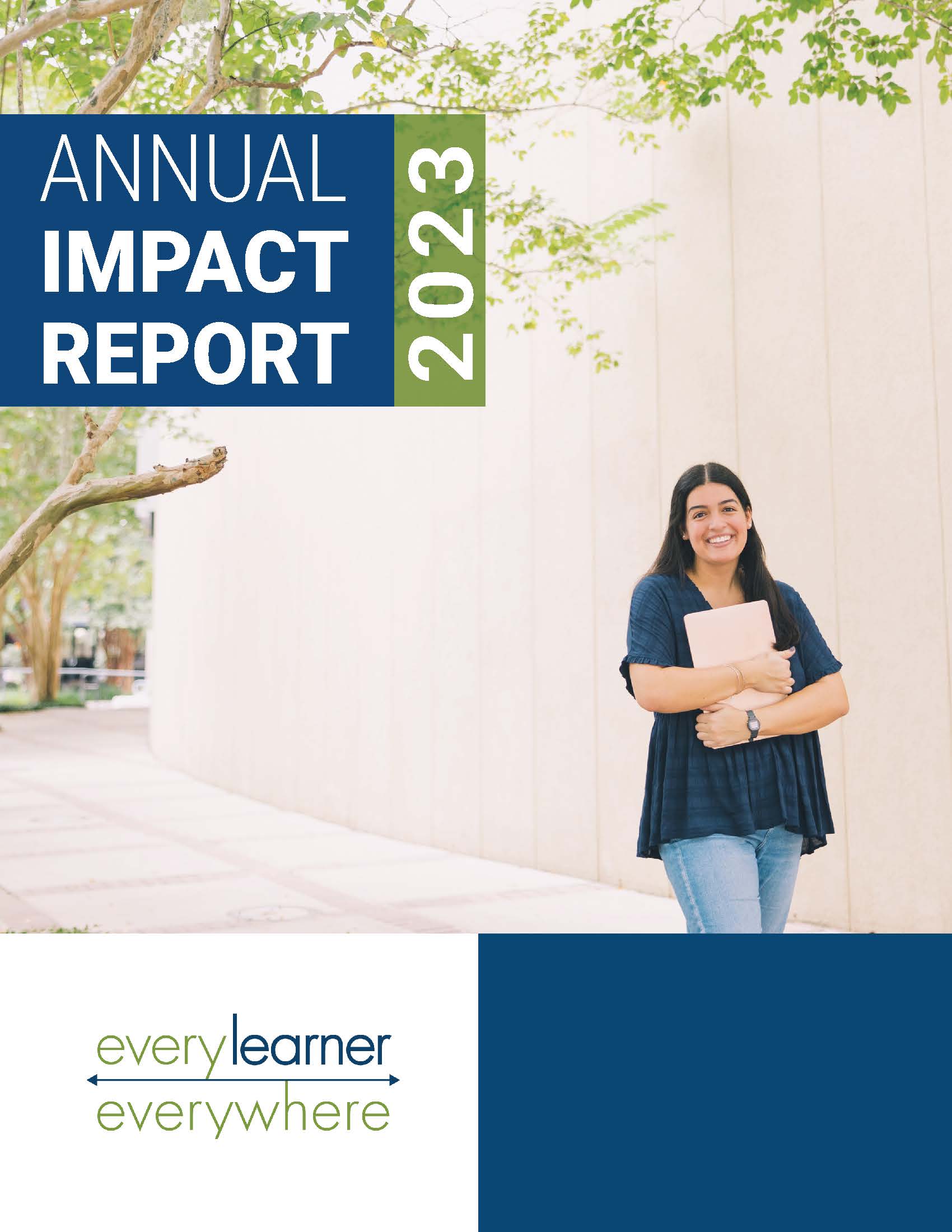
In this report, you can read about the network’s impact in the areas of services, thought leadership, and student engagement. In addition, we recap our 2023 network convening, introduce our new Equity First Organization partners, feature some of our student interns, and give readers a preview of what’s ahead for the network in 2024.
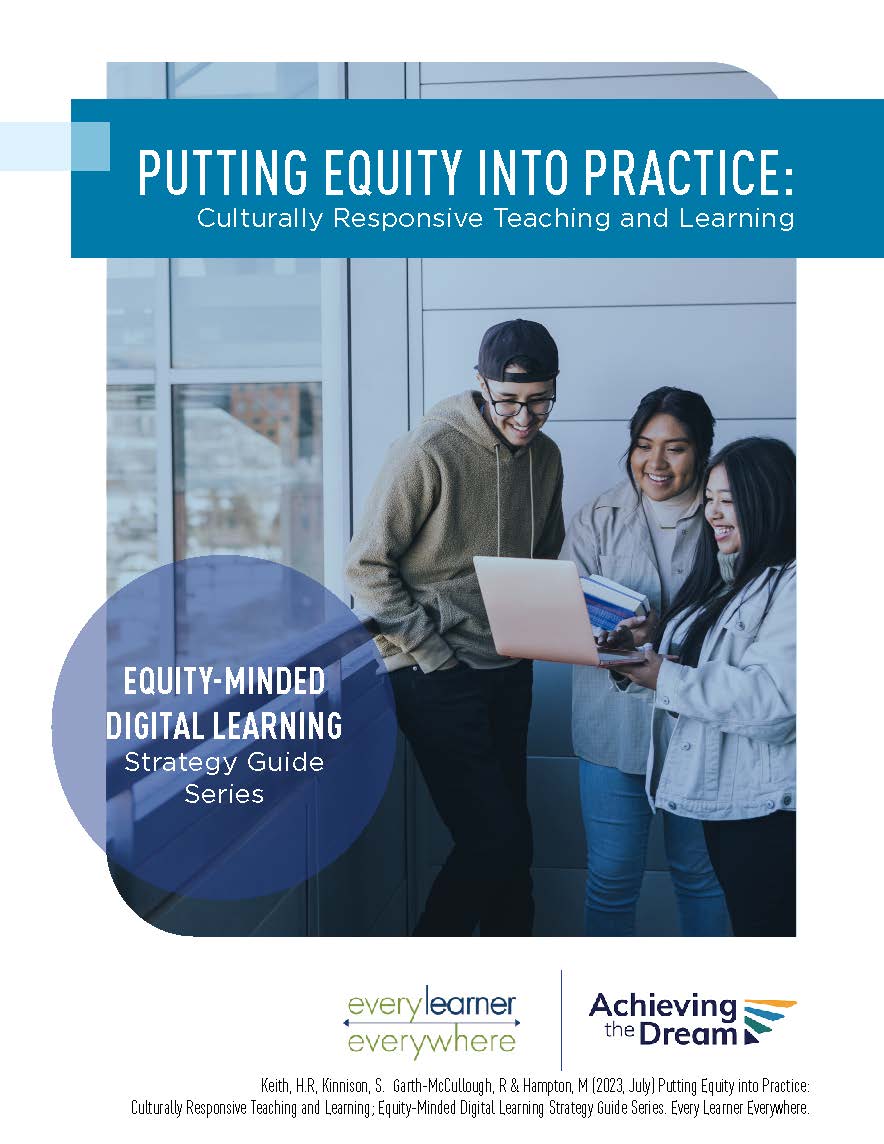
Culturally responsive pedagogy is a framework that is inclusive of culturally responsive and relevant teaching, and culturally affirming and sustaining instructional methodologies that validate and engage students’ cultural identities. These practical instructional strategies and practices guide the implementation of culturally responsive teaching and learning into educational spaces.
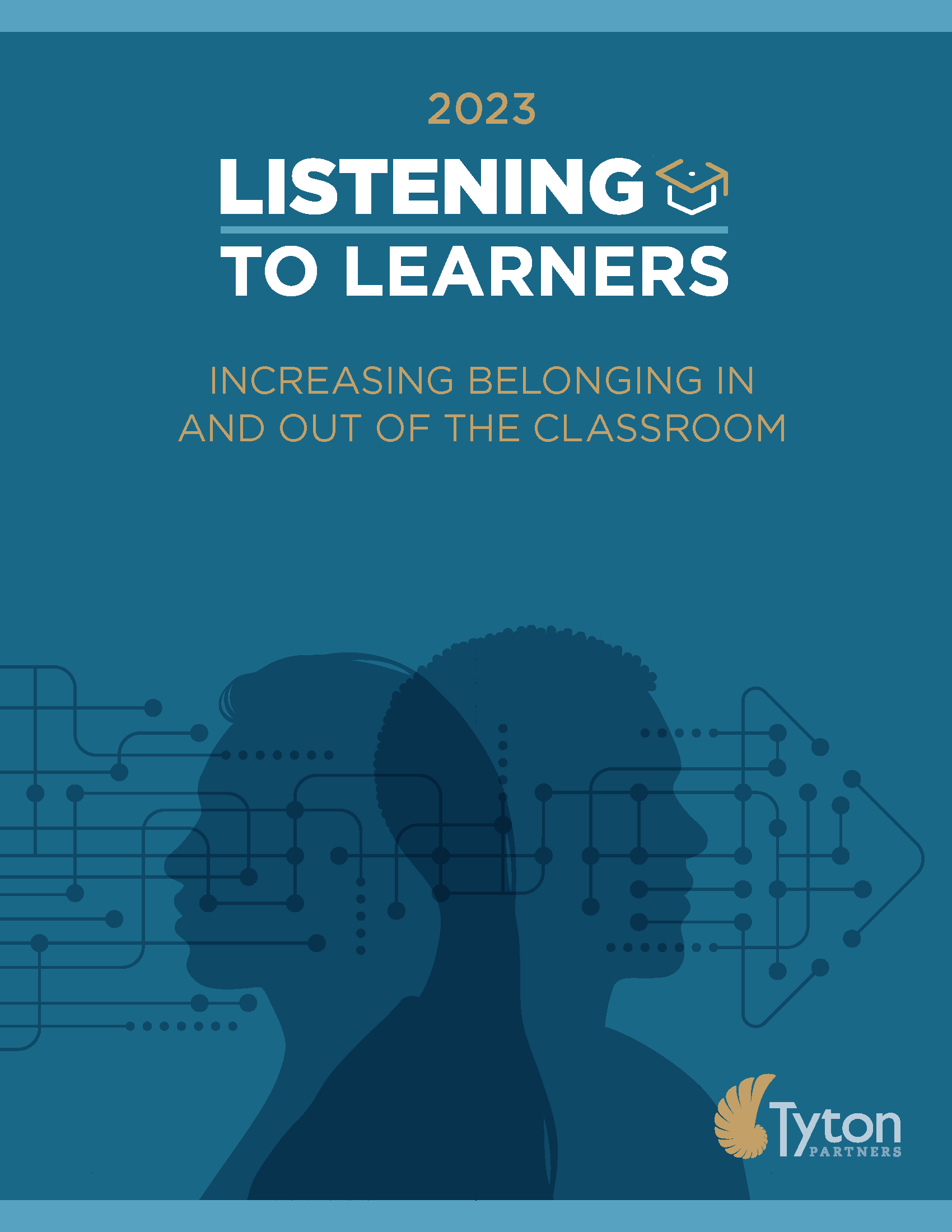
Tyton partners’ Listening to Learners 2023 reveals that while 70% of students value representative diversity among advisors, only 30% of institutions report scaled implementation of this hr practice. Cutting-edge research identifies strategies to enhance student outcomes and create a sense of belonging in higher education.
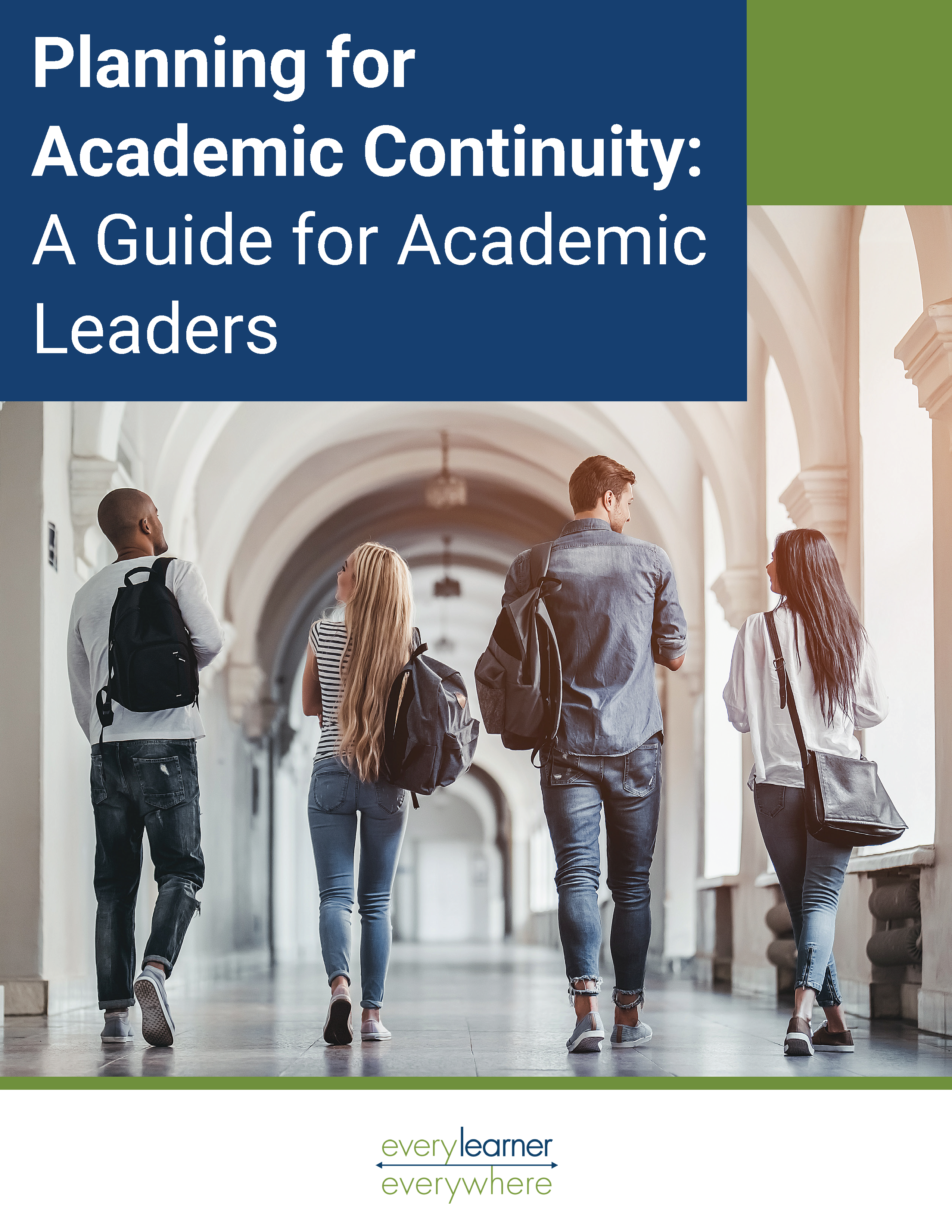
This guide presents results from an analysis of 100 academic continuity plans at U.S. colleges and universities. The results form the basis for recommended academic continuity plan best practices, tools, and templates academic leaders can use to maintain a plan that can be used in both short-term and long-term circumstances.
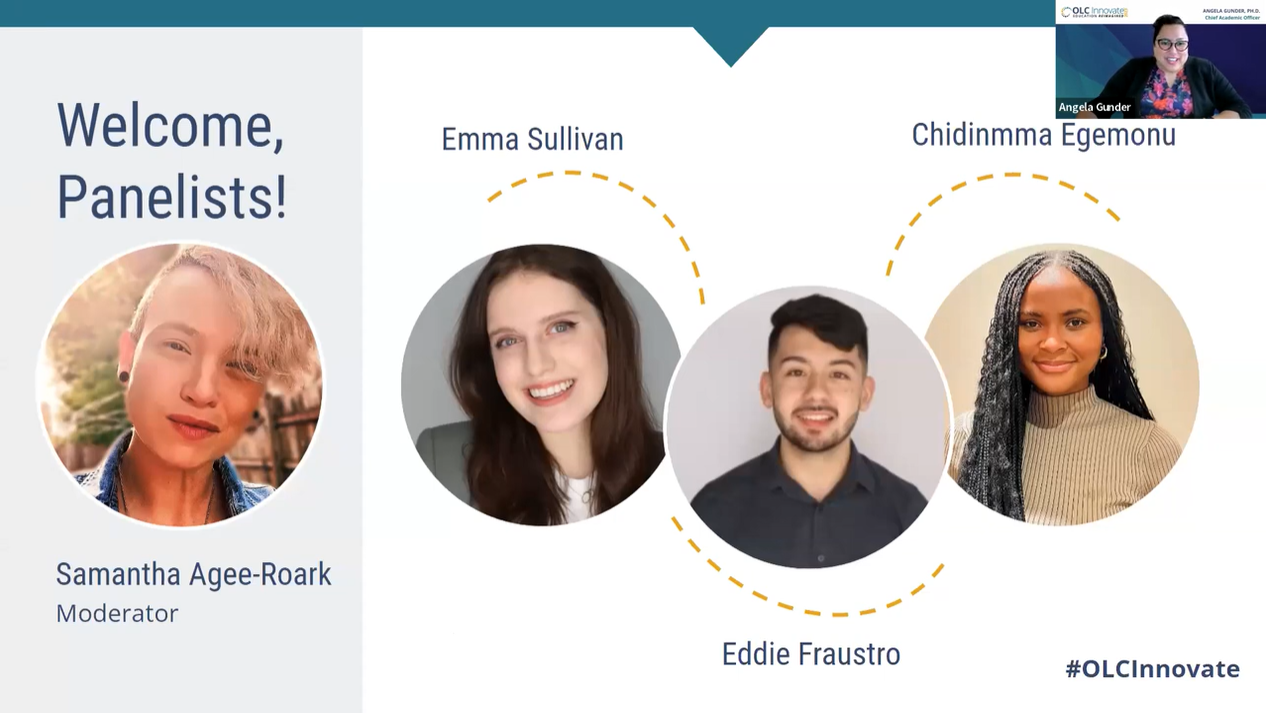
A student panel discusses their experiences with digital learning at the Online Learning Consortium Innovate Virtual Conference April 2023
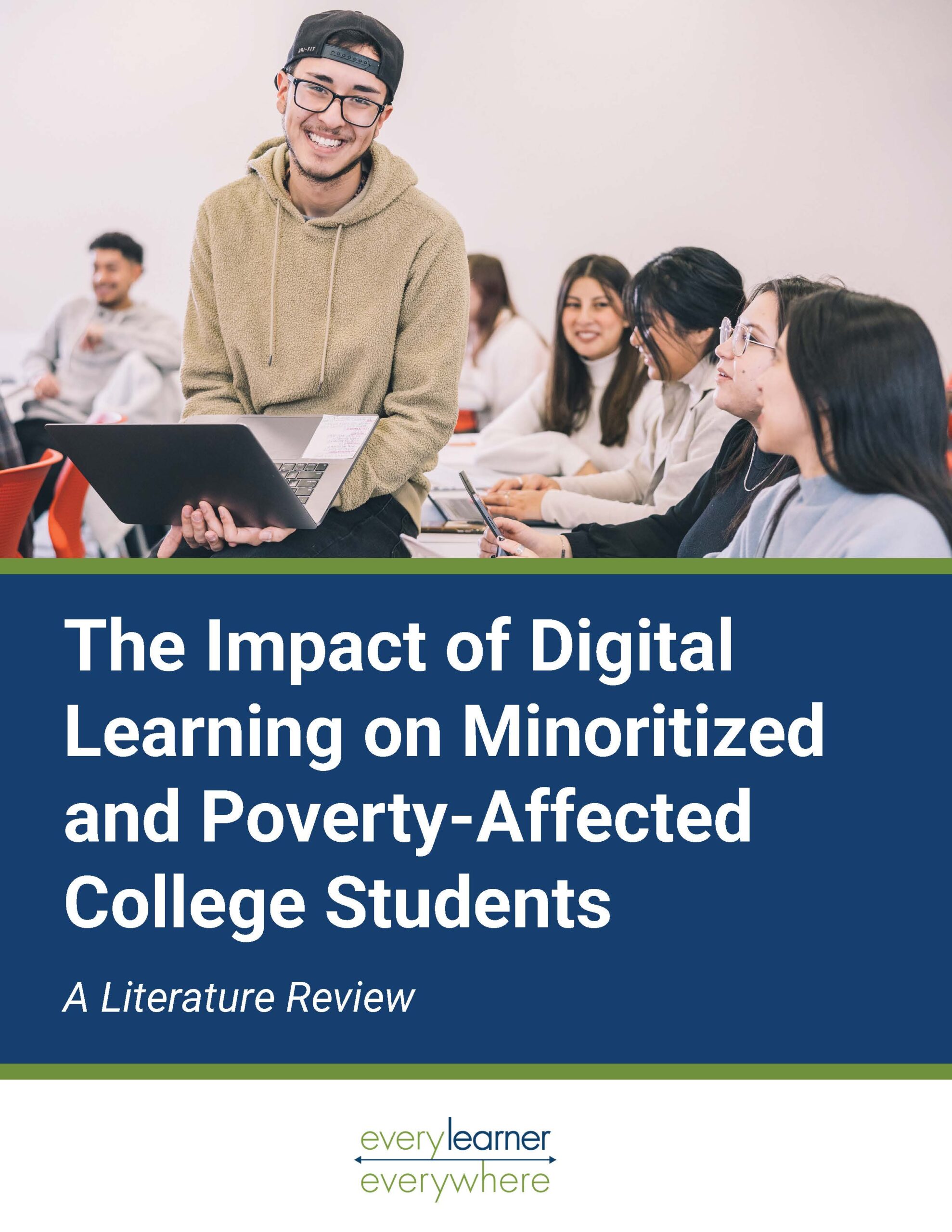
The focus of this resource paper is to assess the effectiveness of digital learning in decreasing equity gaps as well as the impact digital learning has on specific student populations: those who identify as Black, Latino, and Indigenous; students from low-income backgrounds; and first-generation students.
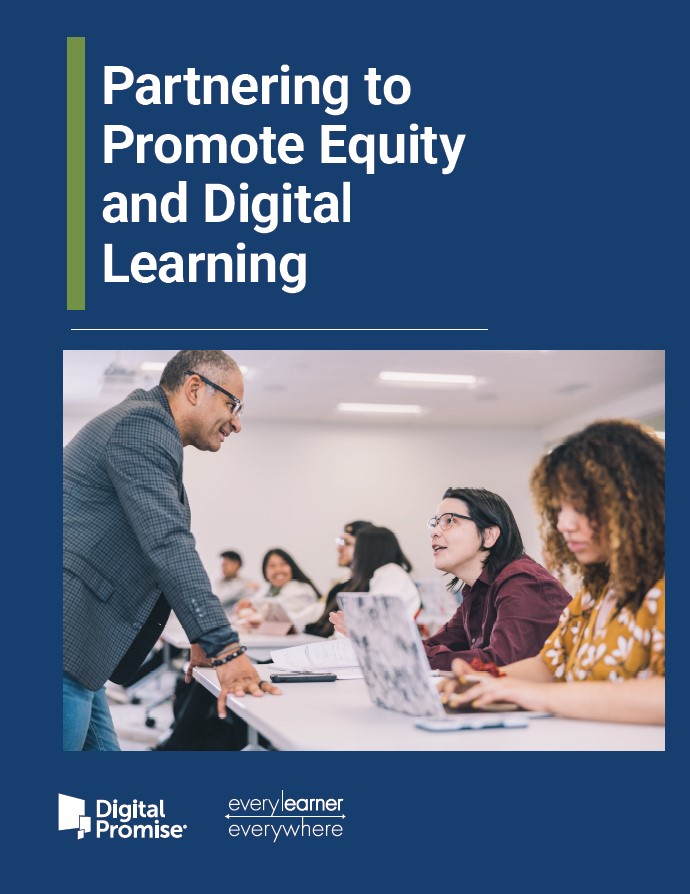
The report describes the key features of research-practice partnerships between colleges and Every Learner Everywhere partner organizations.
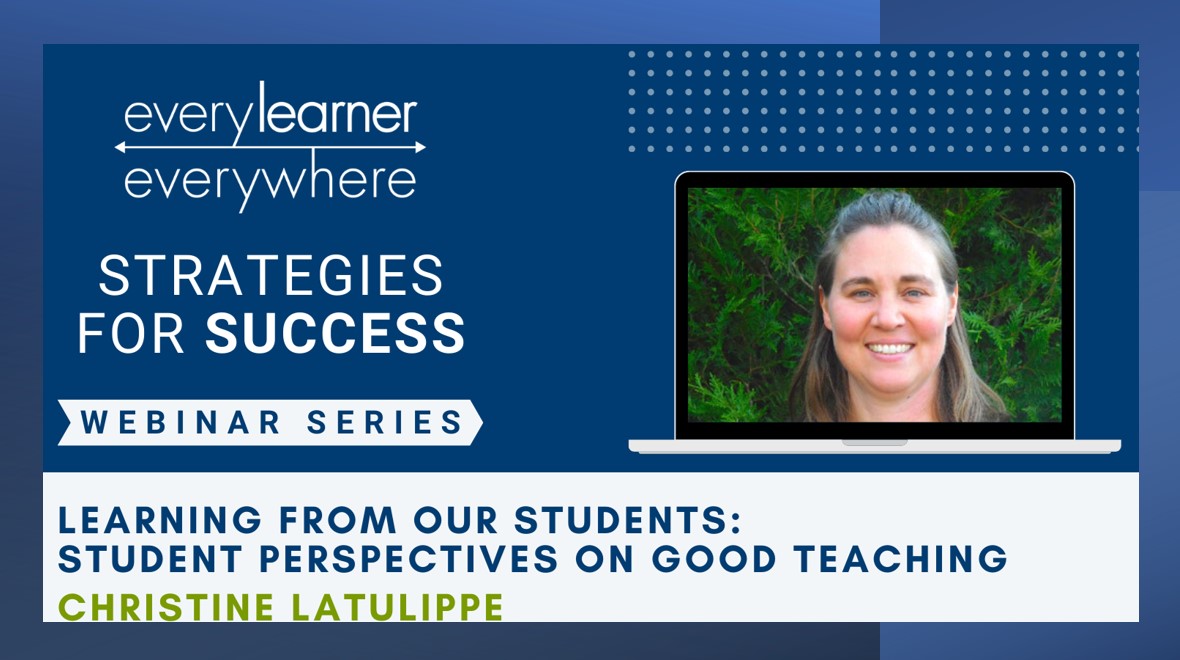
Dr. Christine Latulippe shares her findings from student stories about what good teaching looks like and feels like to them.
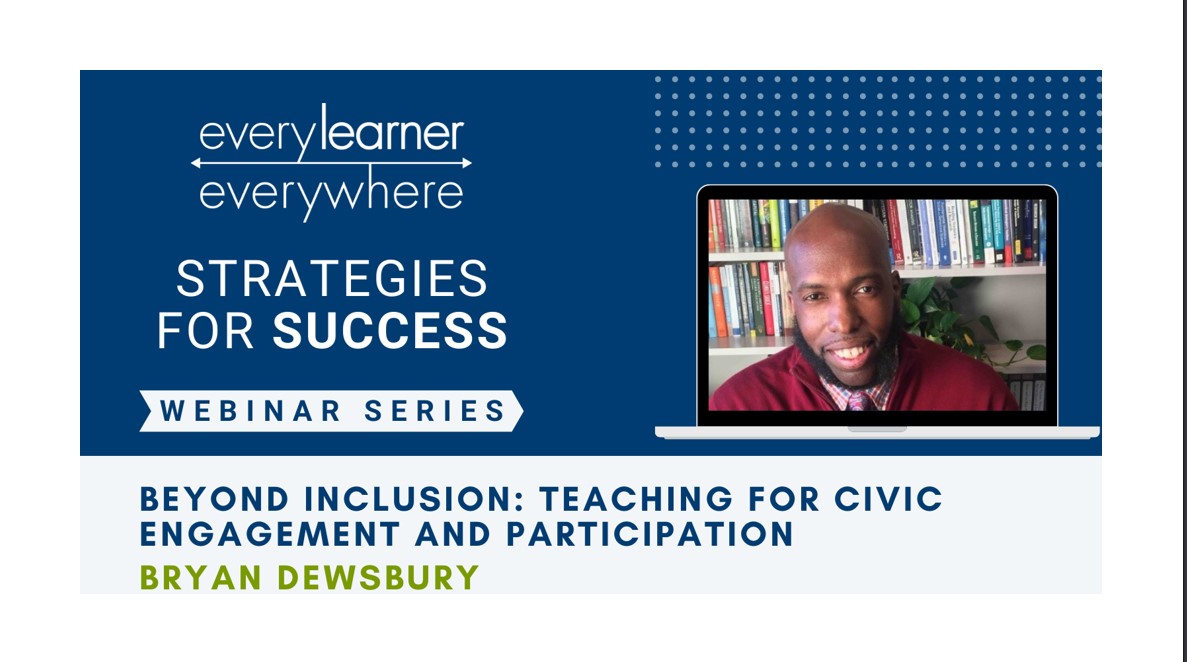
Dr. Bryan Dewsbury discusses reconnecting classroom practice with the values, behaviors and mindsets needed for a socially just society.
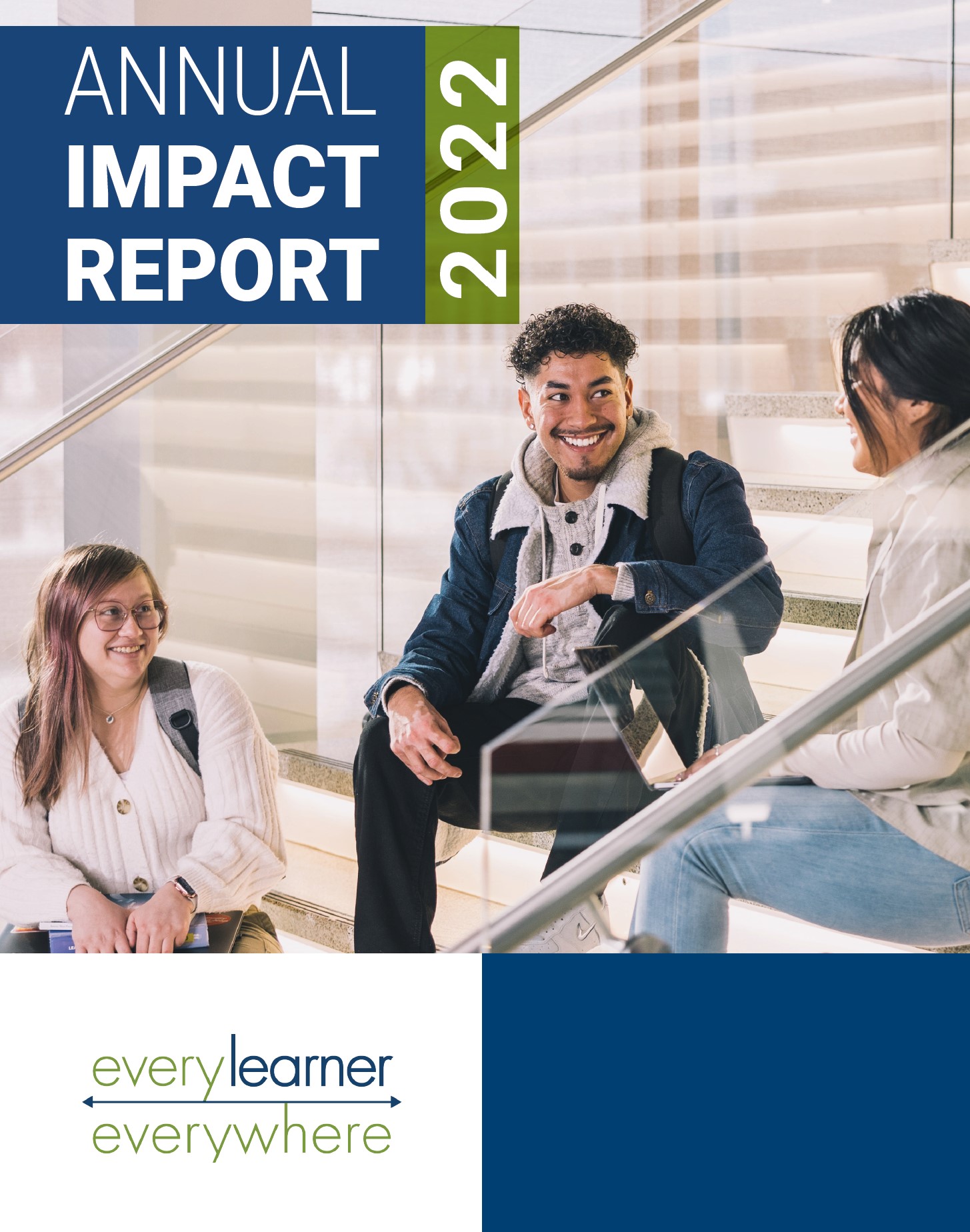
Every Learner Everywhere’s second annual impact report highlighting accomplishments in 2022 and setting goals for 2023.
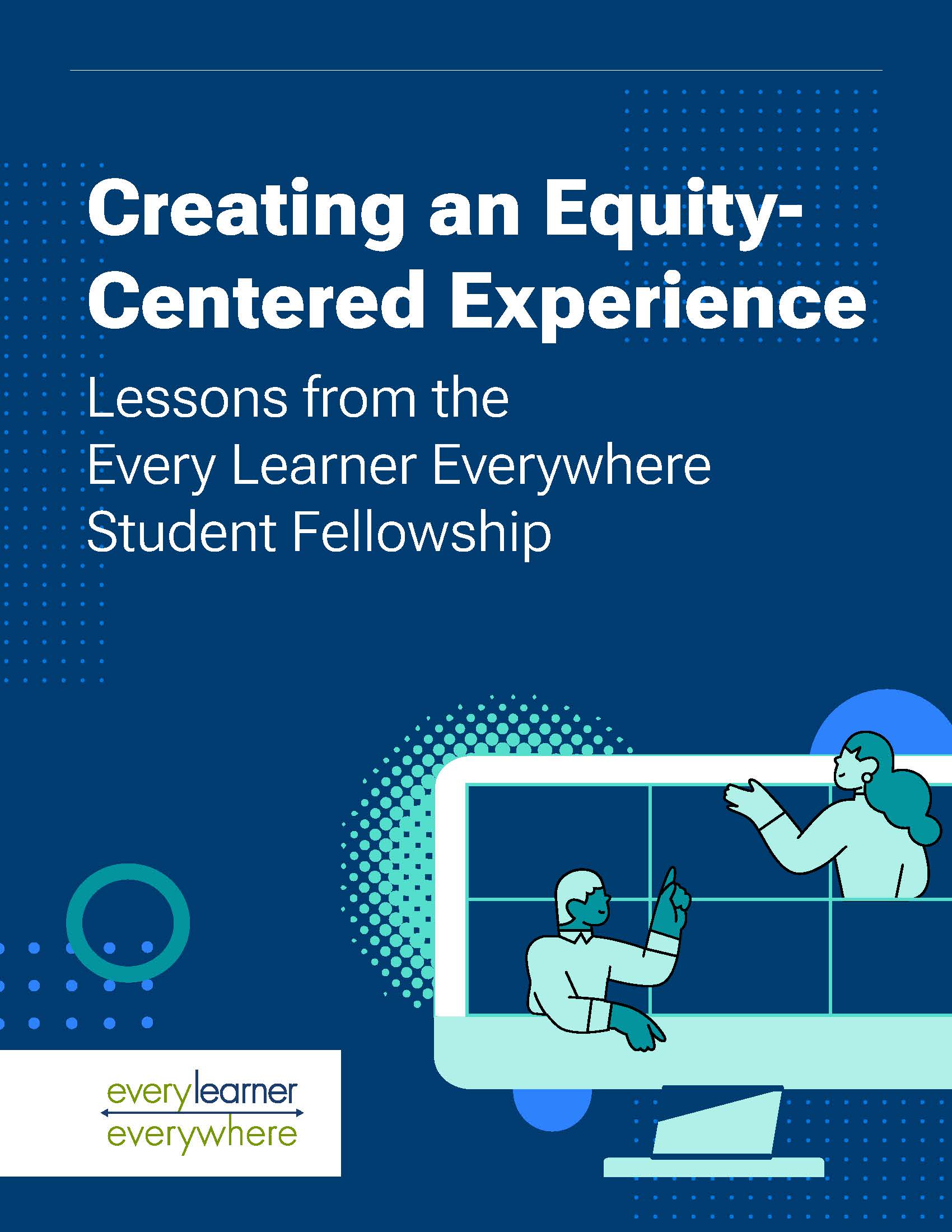
This resource provides guidance to organizations and institutions seeking to establish equity-centered fellowships for community members and students.
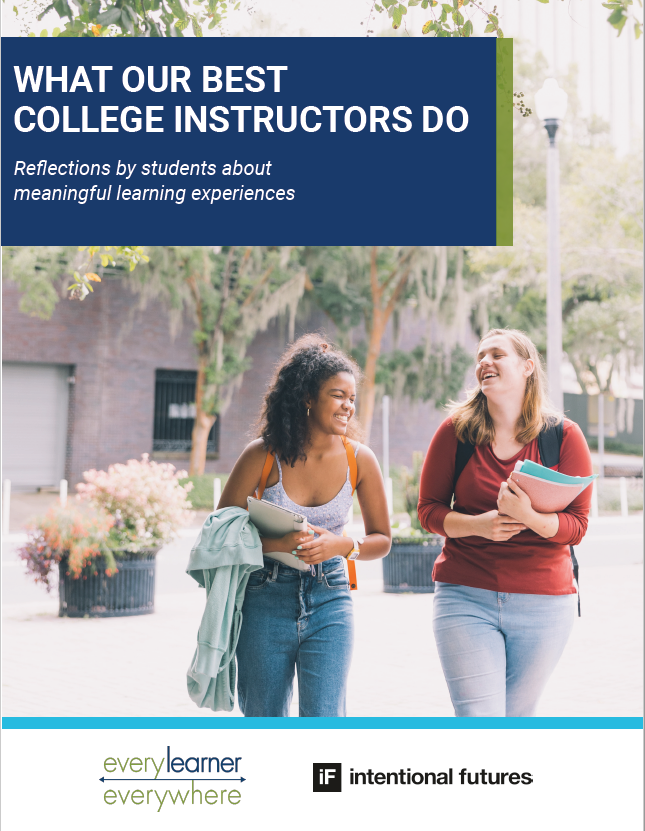
A resource about meaningful learning experiences written by college students for faculty.
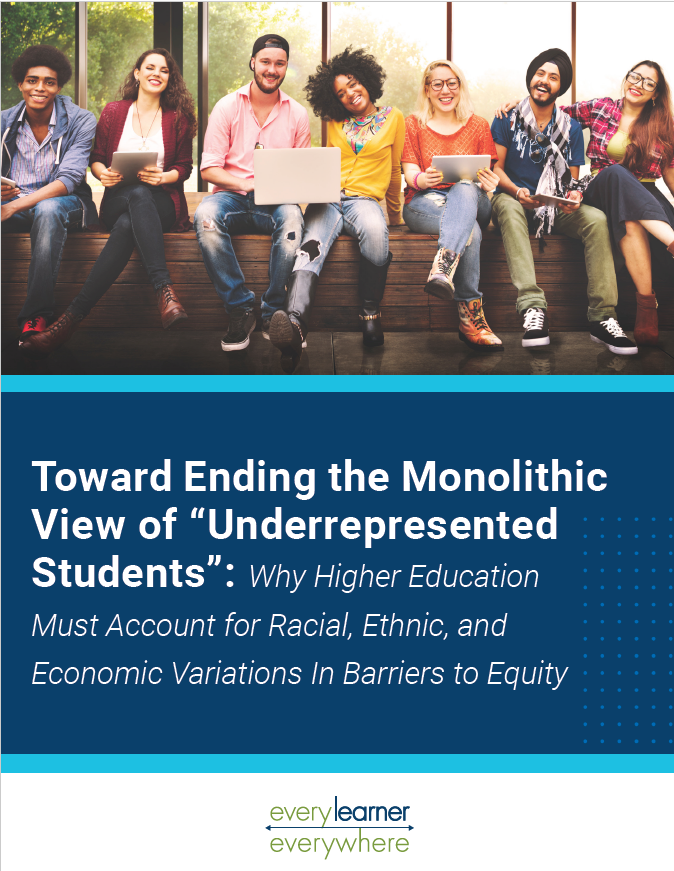
This report synthesizes commentary, research, and original interviews about how higher education has grappled with disaggregating and using student data to confront and close equity gaps for particular student populations.
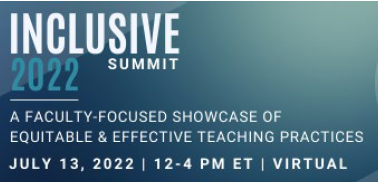
discuss strategies for getting to know our students and using this knowledge to inform our teaching choices, assessment types, and communication throughout the course.

Instructional design experts providestrategies that faculty can use in their classrooms today to connect with and engage their students.

In this webinar, join your peers in deep discussions about the pedagogical challenges facing faculty who are teaching within the sciences.

In this webinar, join your peers in deep discussions about the pedagogical challenges facing faculty who are teaching writing.

A diverse panel consisting of both faculty members and students will discuss their unique perspectives on several pedagogical approaches.
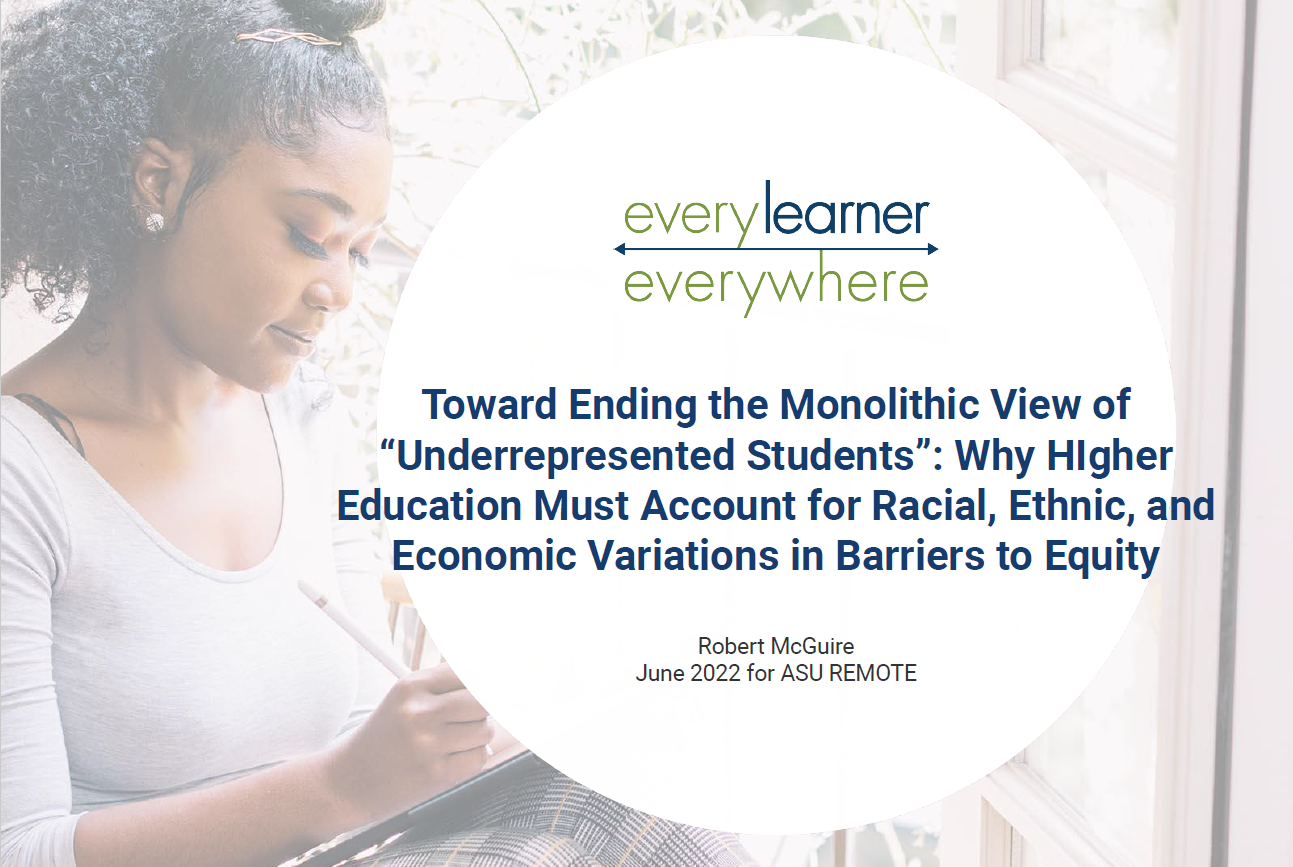
The session summarizes how disaggregating learner data can enable equity-centered education for minoritized, poverty-affected, and first-generation students.
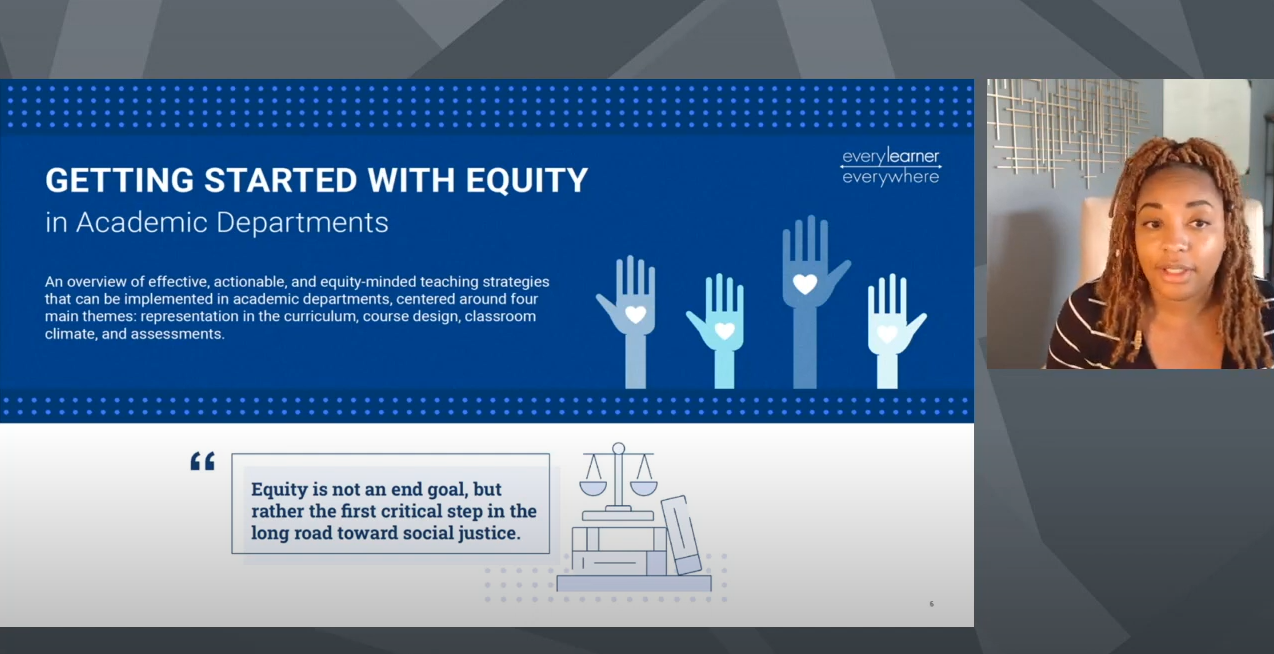
Jessica Rowland Williams talks about various tools and strategies for transforming a department to be more equitable.
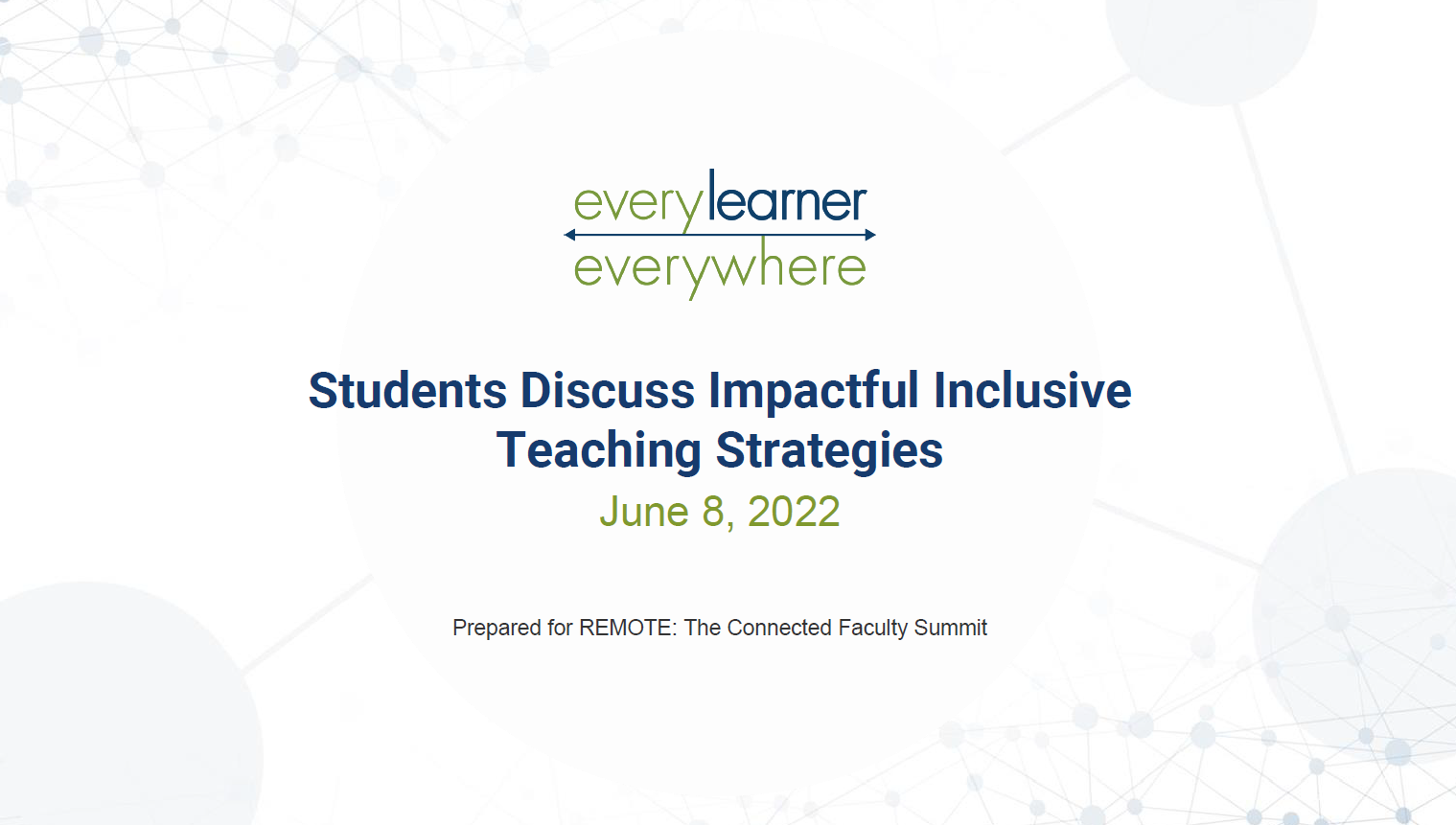
Undergraduate students to discuss what inclusive teaching strategies have been most impactful in their college experience.
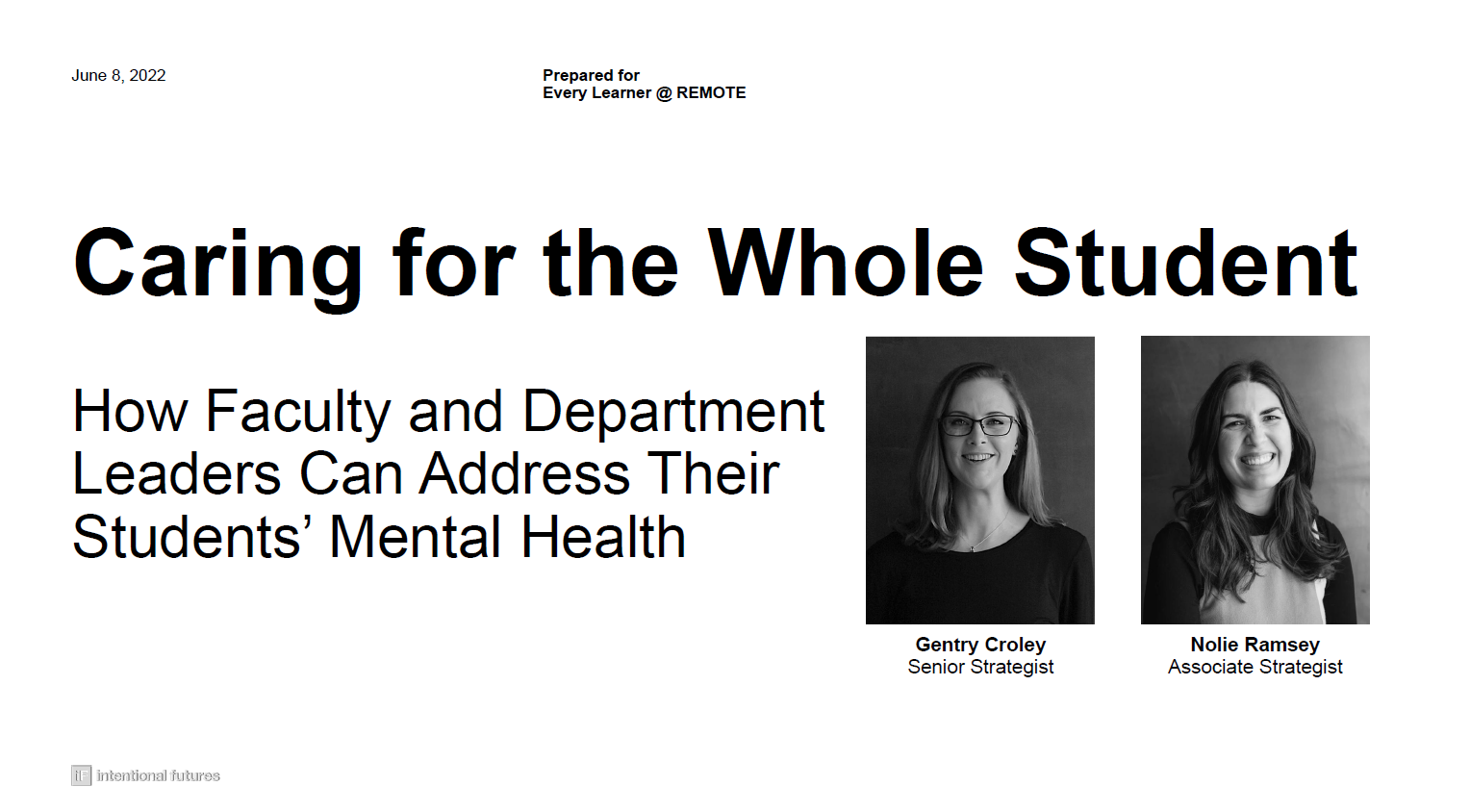
This session provides an overview of the pressures facing today’s students and what faculty and institutions can do to support them.
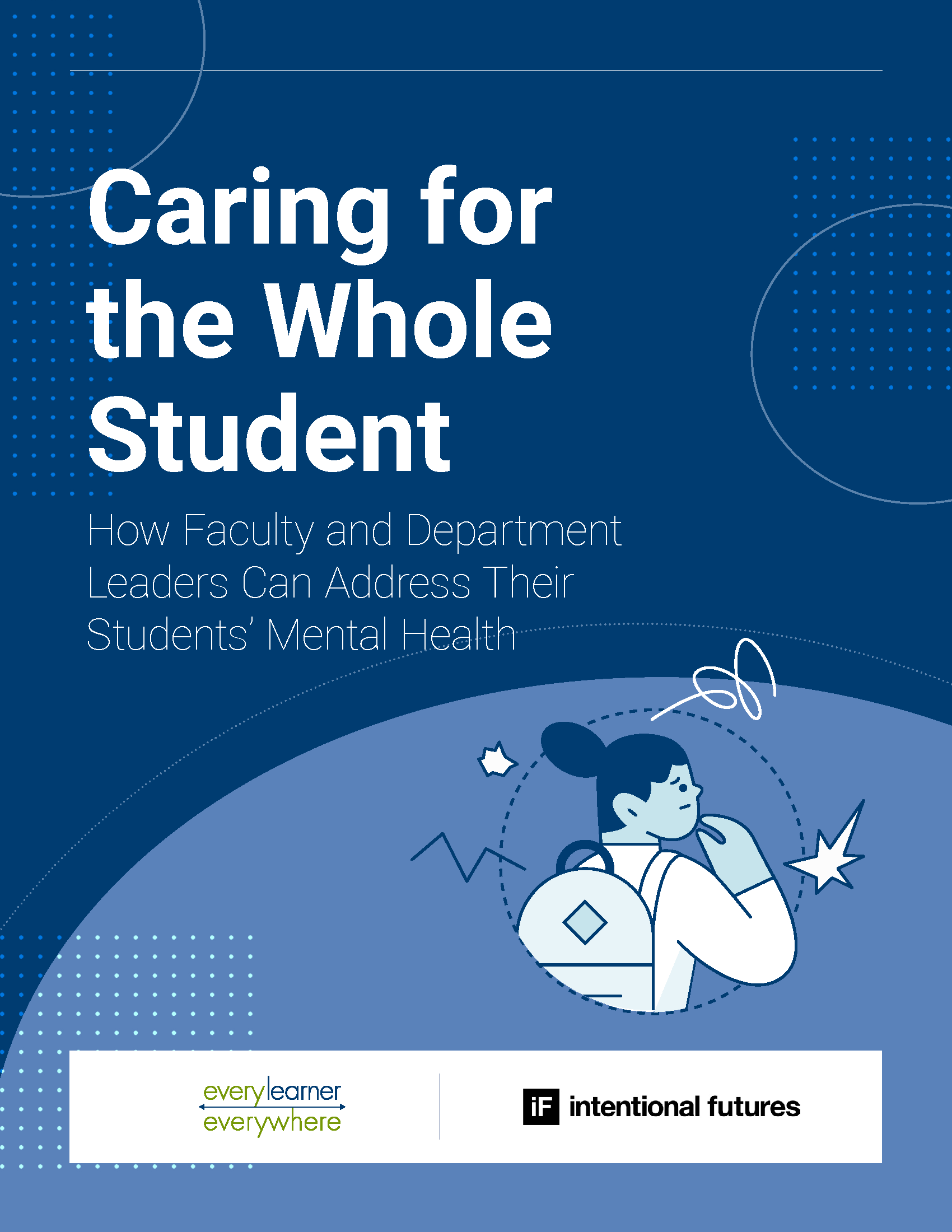
Colleges and universities can help alleviate the burden students face every day, including restructuring mental health support on campus, providing options for digital learning, encouraging teachers to apply trauma-informed teaching practices, and connecting students with the resources they need to thrive.
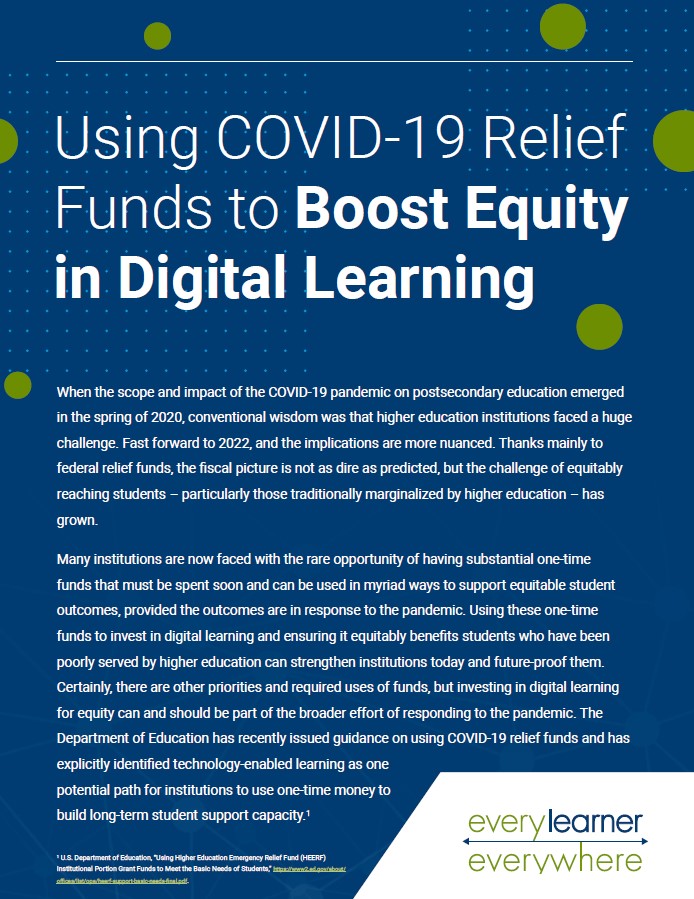
Using COVID-19 Relief Funds to Boost Equity in Digital Learning
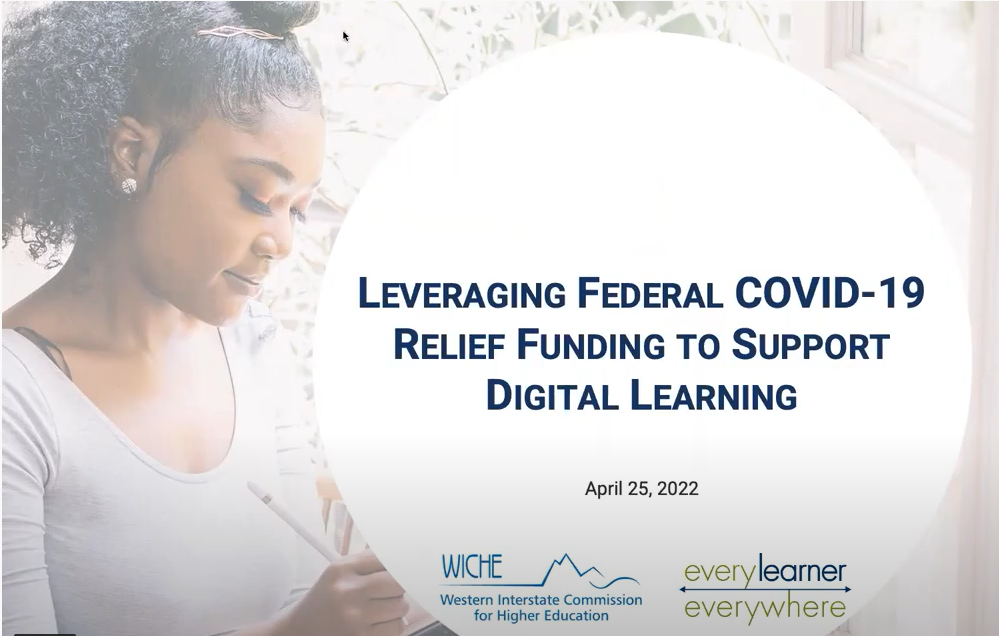
Experts on federal policy and digital learning, and institutional representatives discuss the opportunities afforded by federal Covid resources.
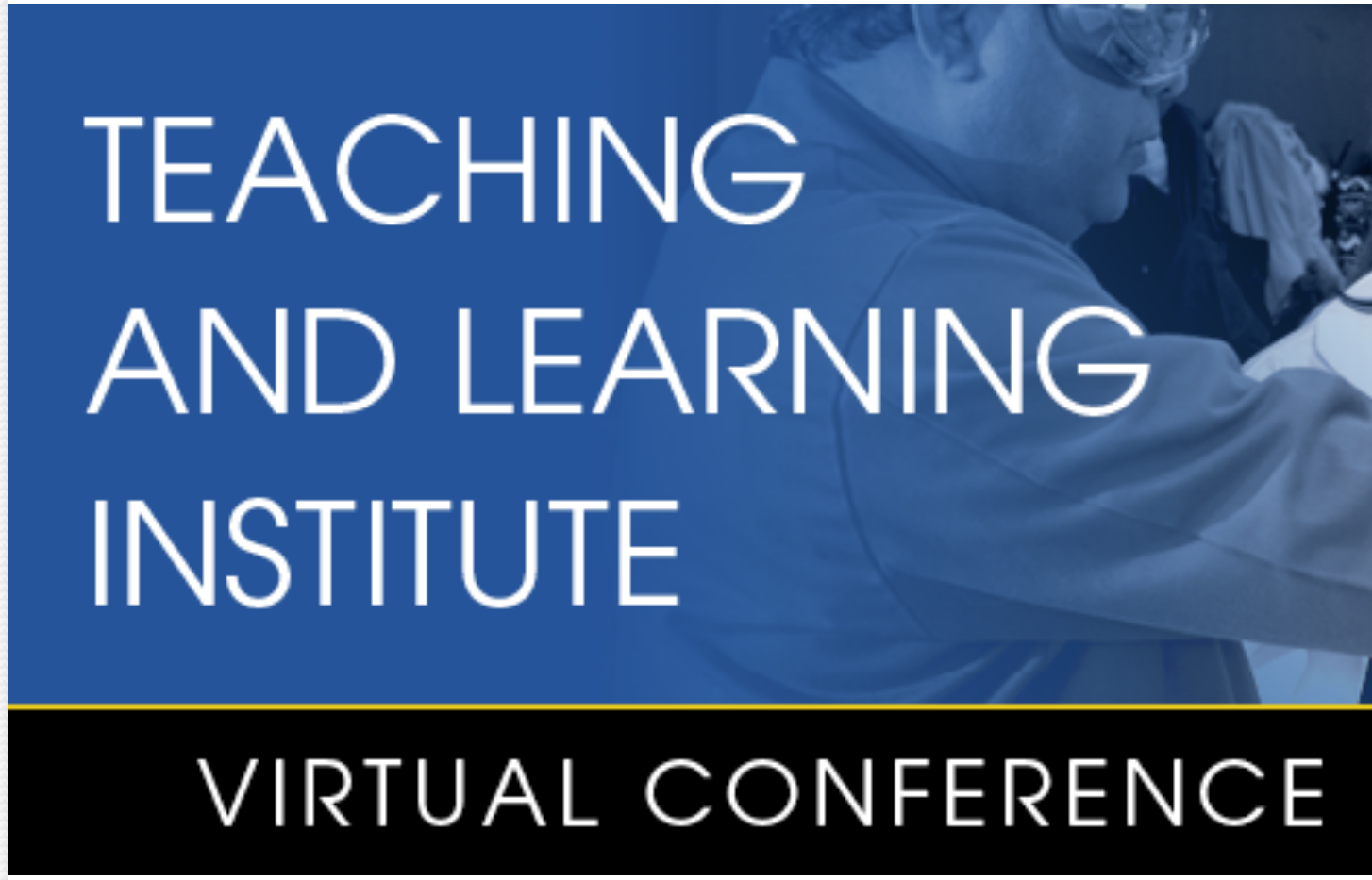
The Equity Review Tool guides educators to interrogate their practices and reflect on equitable language usage and employ strategies to support a more equitable teaching and learning process.
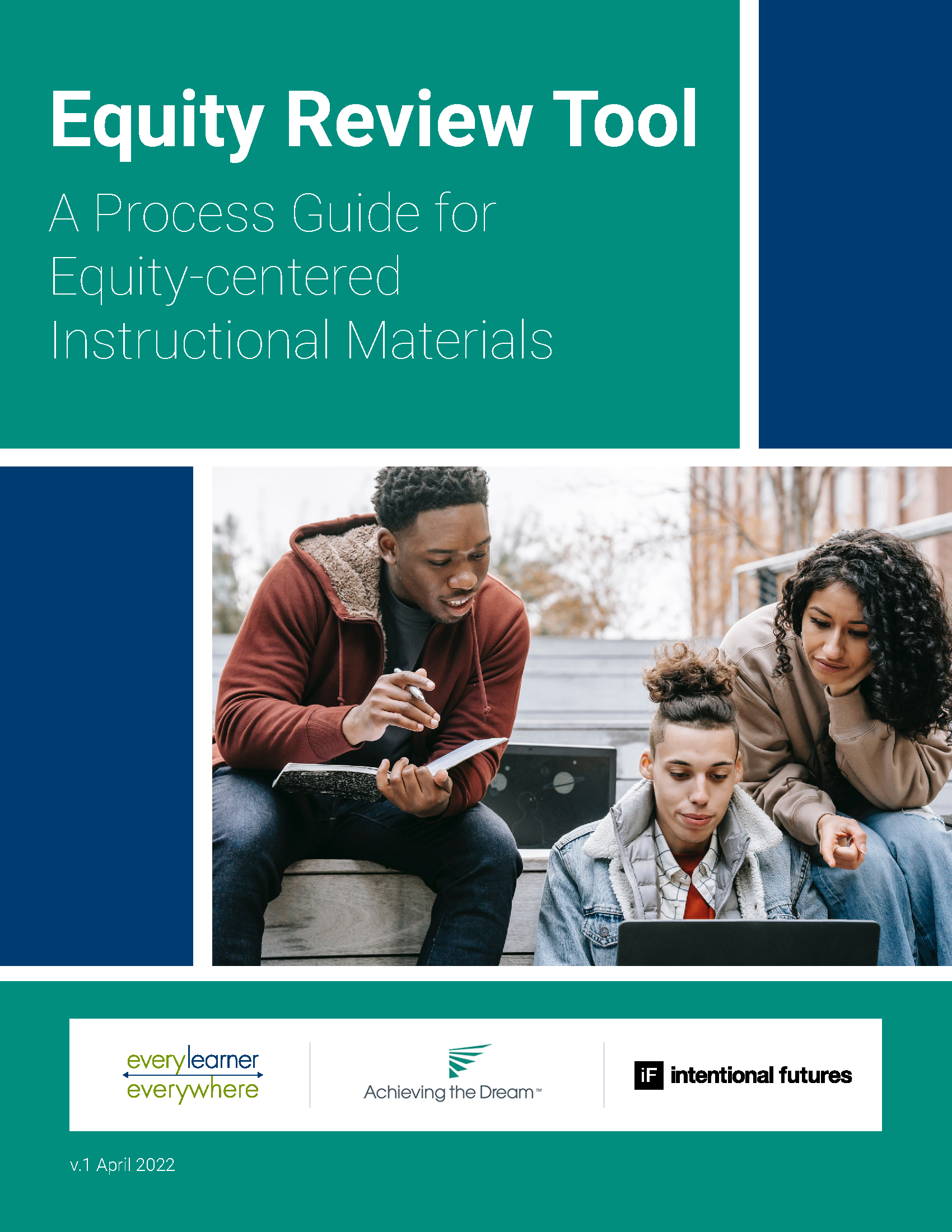
The equity review tool is designed for educators striving to create more validating and affirming learning experiences and environments for students. Using this tool, educators will be able to develop and evaluate their resources and the language they use to ensure they are asset-based and supportive of a more equitable teaching and learning process.

Three students who are ATD fellows share their first-hand accounts of culturally responsive teaching practices and the impact on their learning experiences.
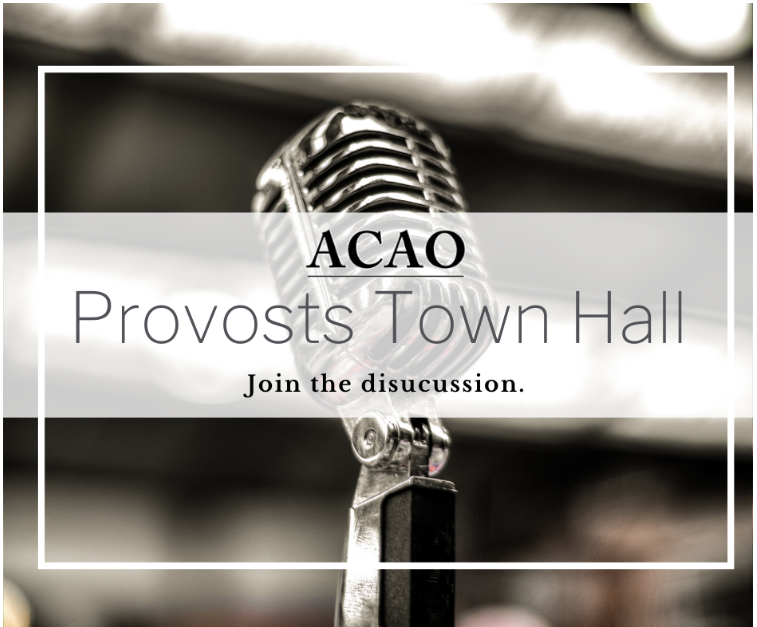
In this town hall, learn how to develop an anti-racist analytical framework, based on an anti-racist growth mindset.
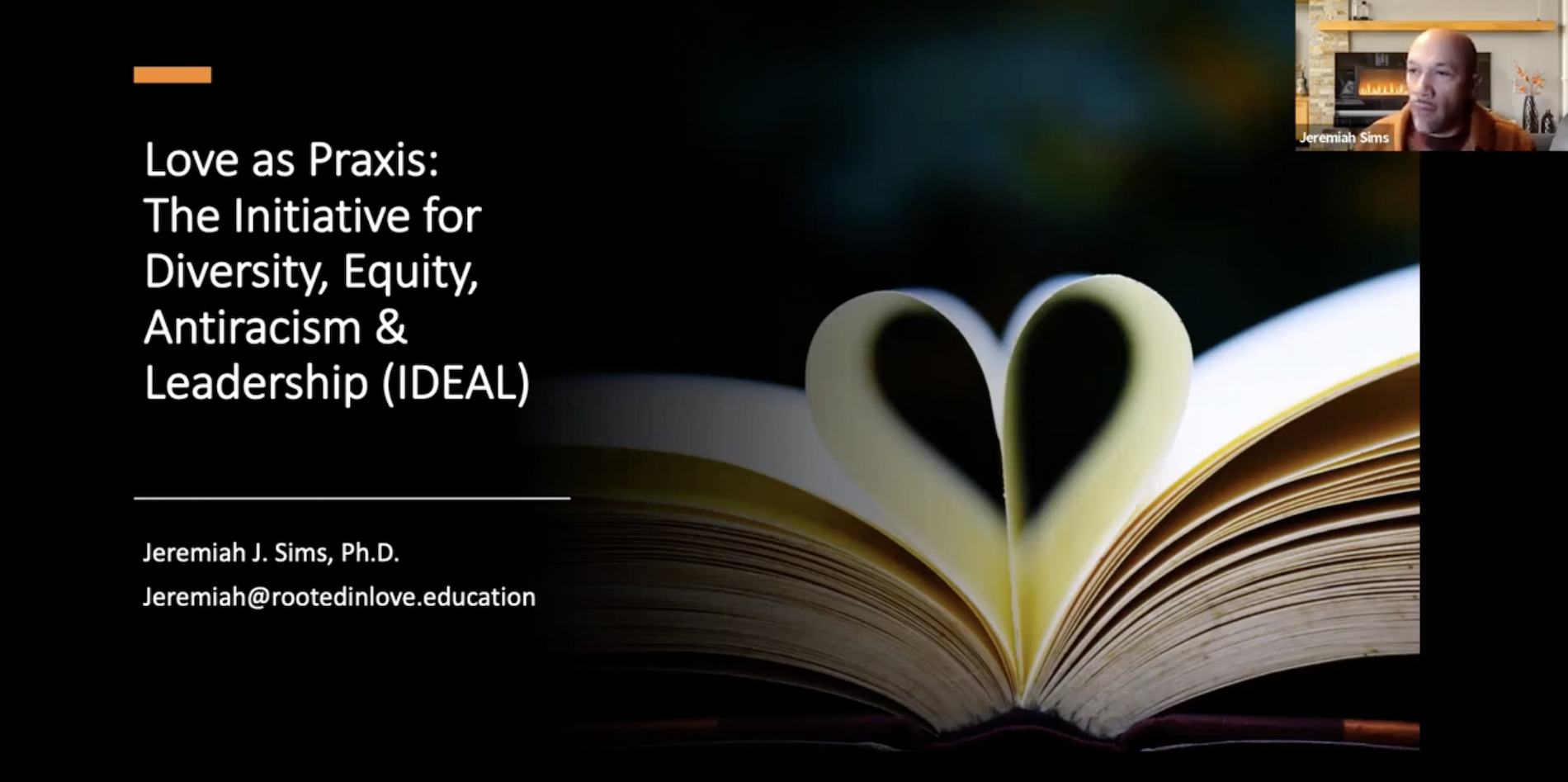
Dr. Jeremiah J. Sims discusses the impact on students of the Washington State Guided Pathways Initiative in Diversity, Equity, Antiracism, and Leadership (IDEAL) Fellows Program.
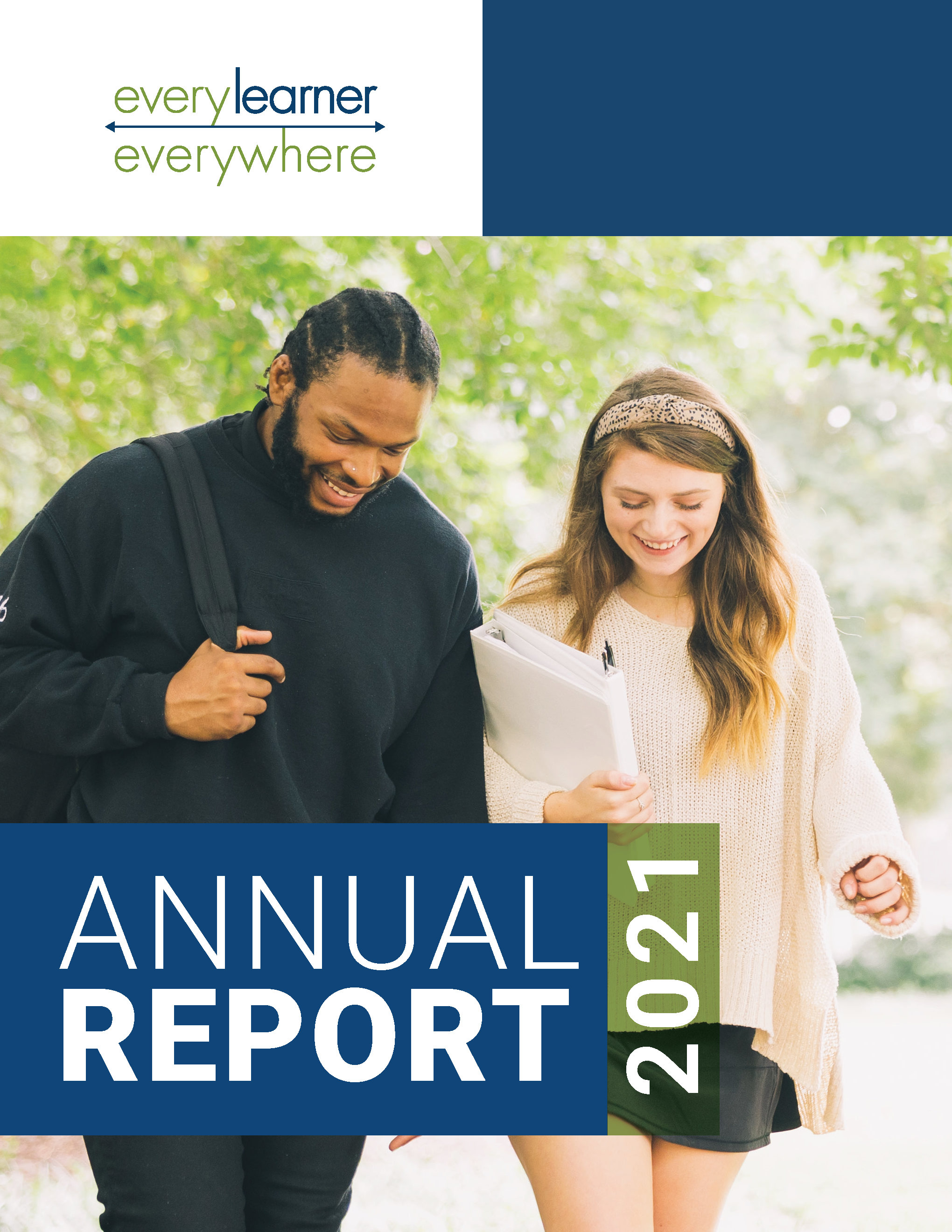
This year our network has prioritized increasing our knowledge and capacity for equity and racial justice work along with centering equity and racial justice in our resources and services. In addition to our personal and professional equity work, we have spent this last year inviting students into our work.
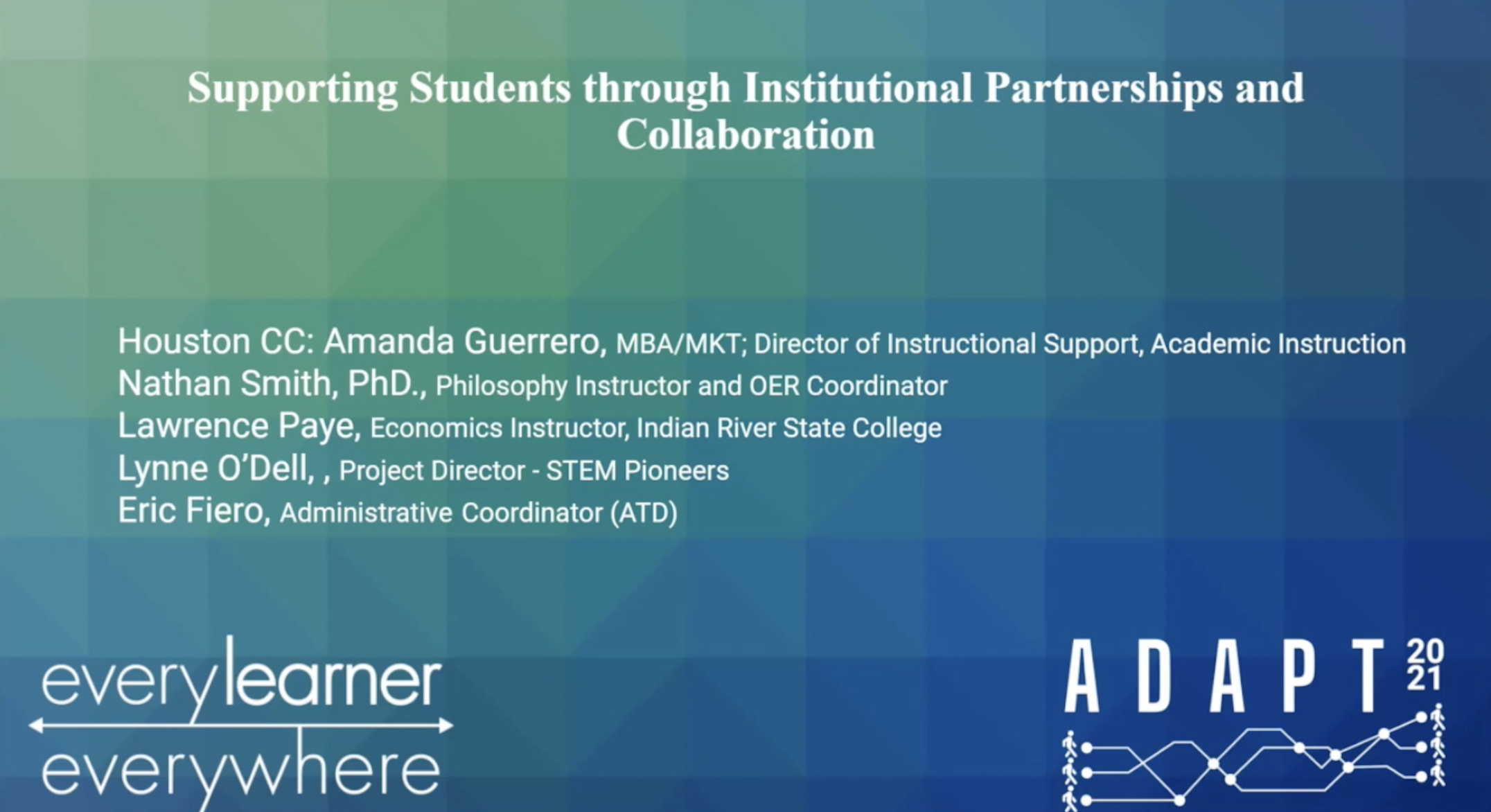
Panelists discuss how adaptive courseware supported broader institutional and faculty-led efforts to improve student outcomes.
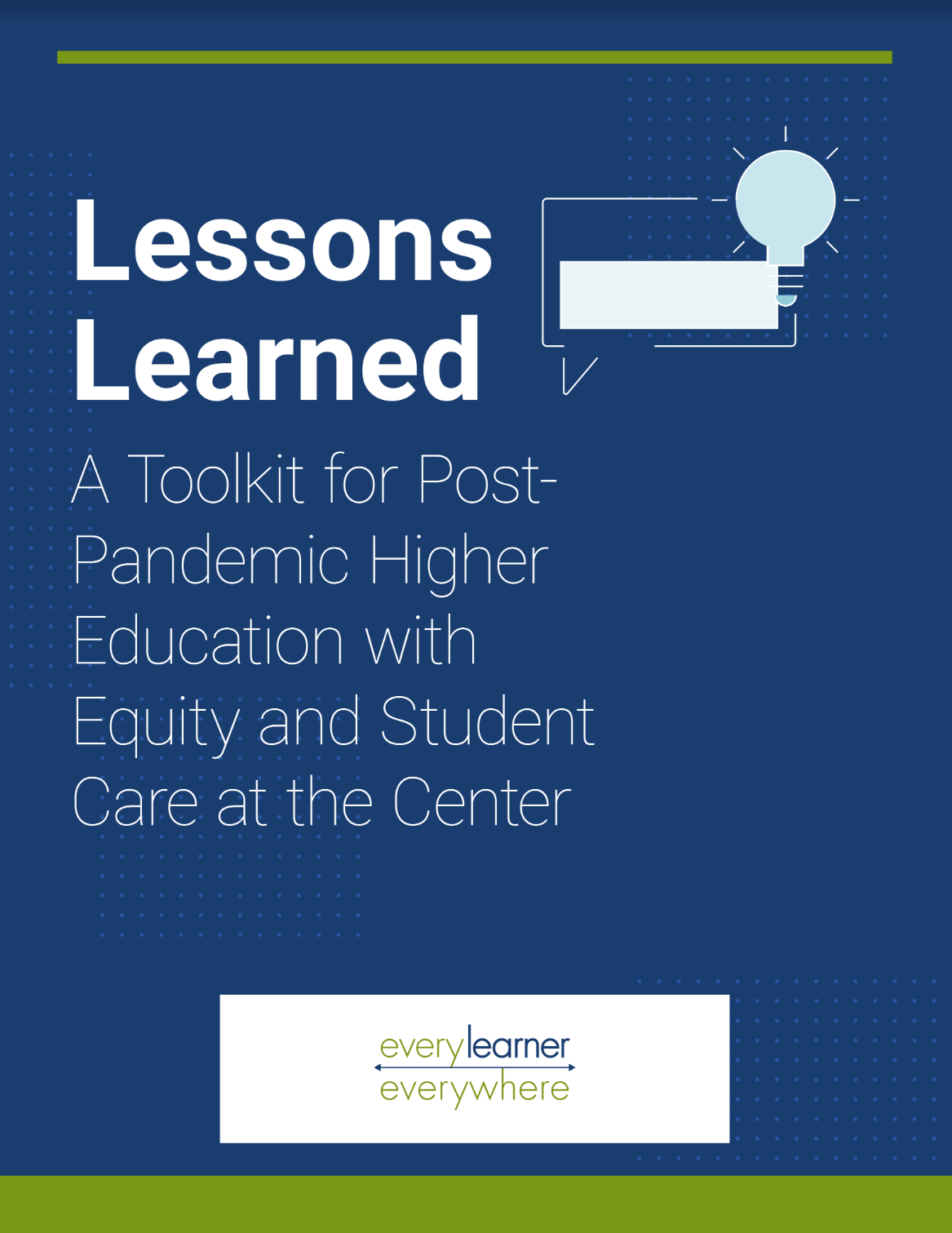
Lessons Learned is made up of over 30 recommendations for improving practices in higher education. It asks where unexpected benefits showed themselves among the forced necessity of emergency remote teaching, and it encourages faculty, administrators, and academic and student support colleagues to continue collaborating to remove barriers, improve access, and update methods and tools.
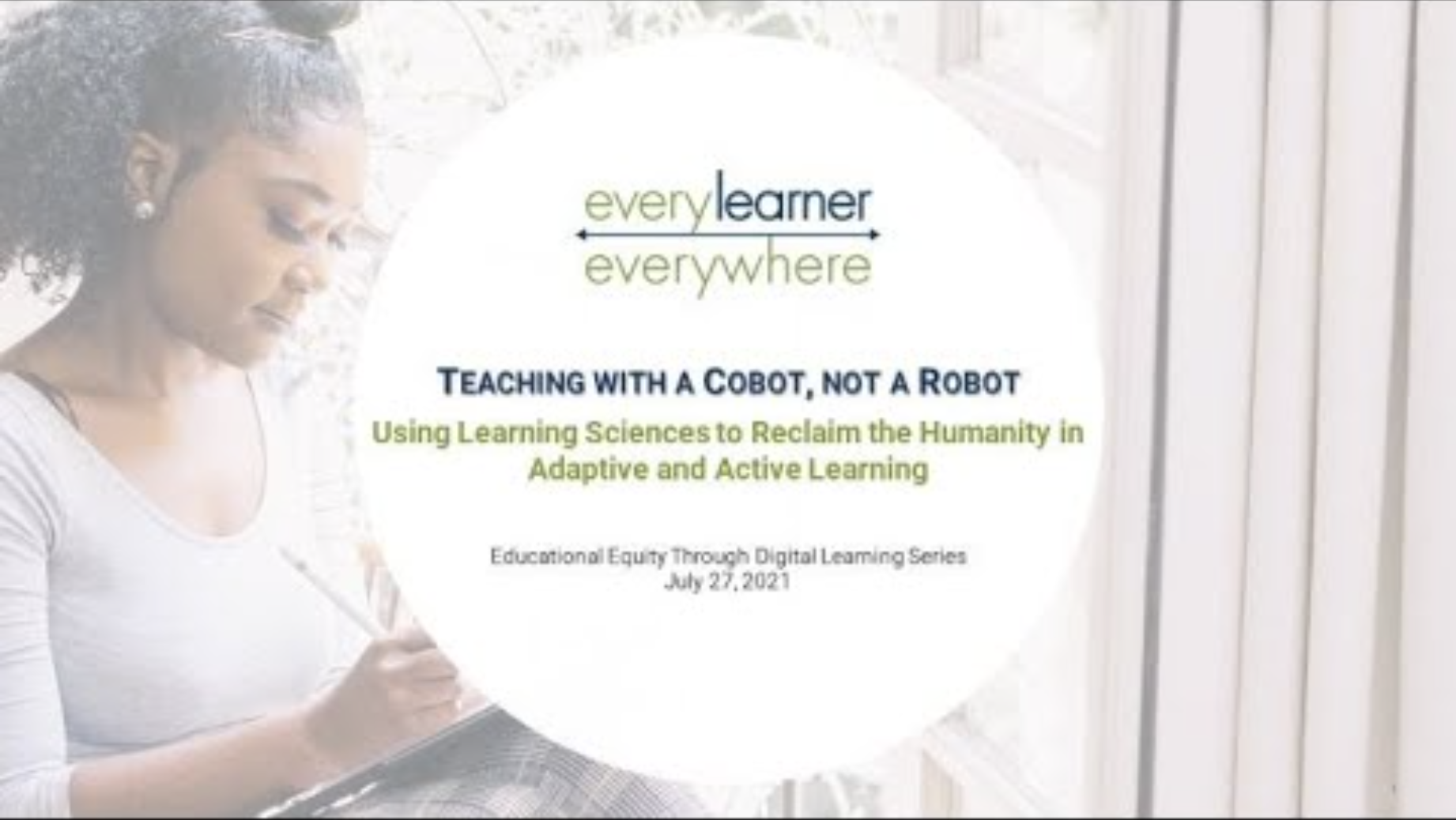
This presentation explores four dimensions of motivation and feedback, two learning science pillars that engage students in the learning process and fosters long-term memories with active and adaptive learning.
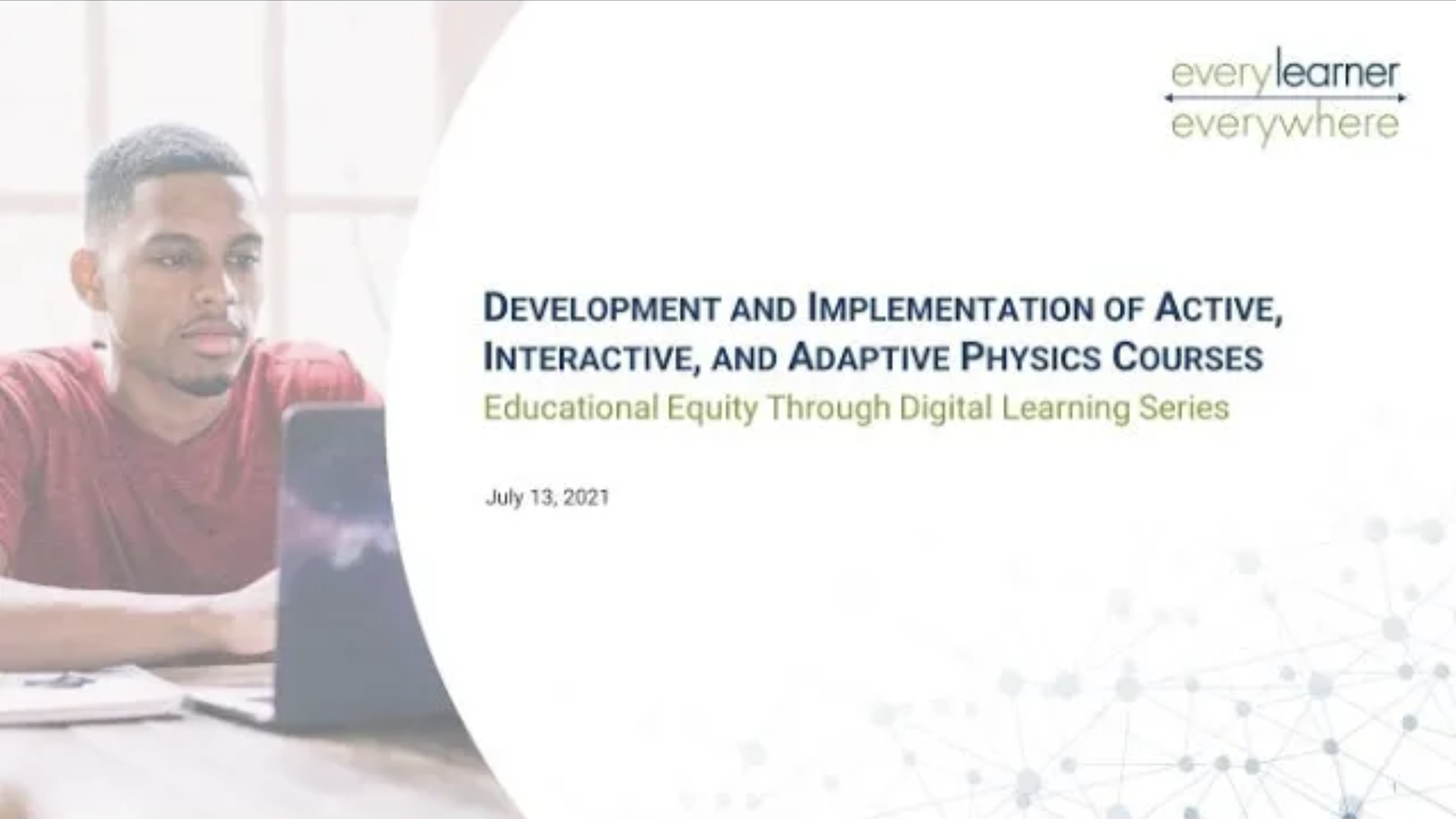
Faculty share experiences of developing and implementing active, interactive, and adaptive introductory physics courses. The design allows students to work at their own pace, choosing support items presented to them via the adaptive feature of the course, and explore concepts through simulations with activities.
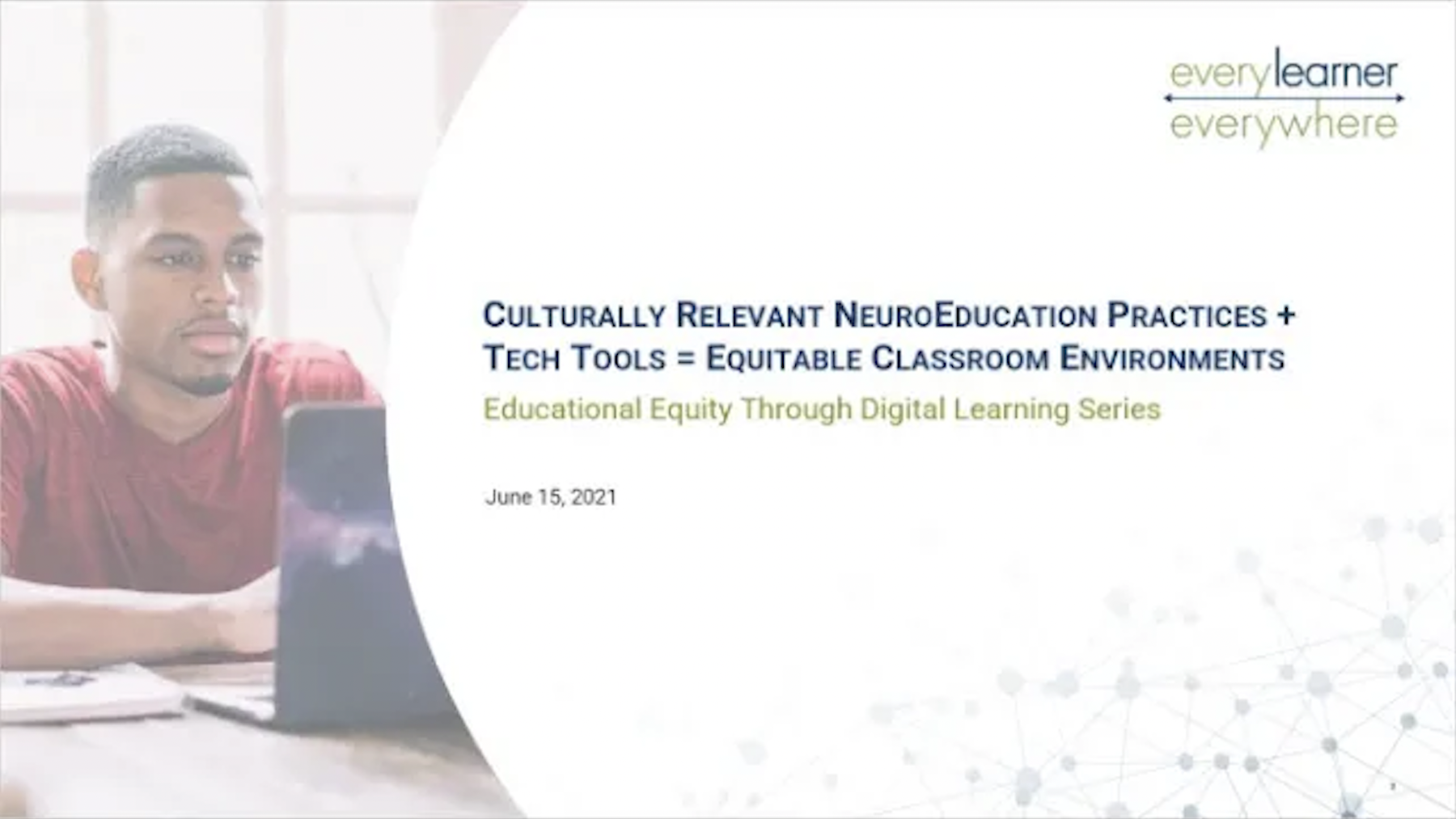
Neuroeducation strategies can help faculty feel more effective, create a warm and equitable learning environment, and improve student outcomes.
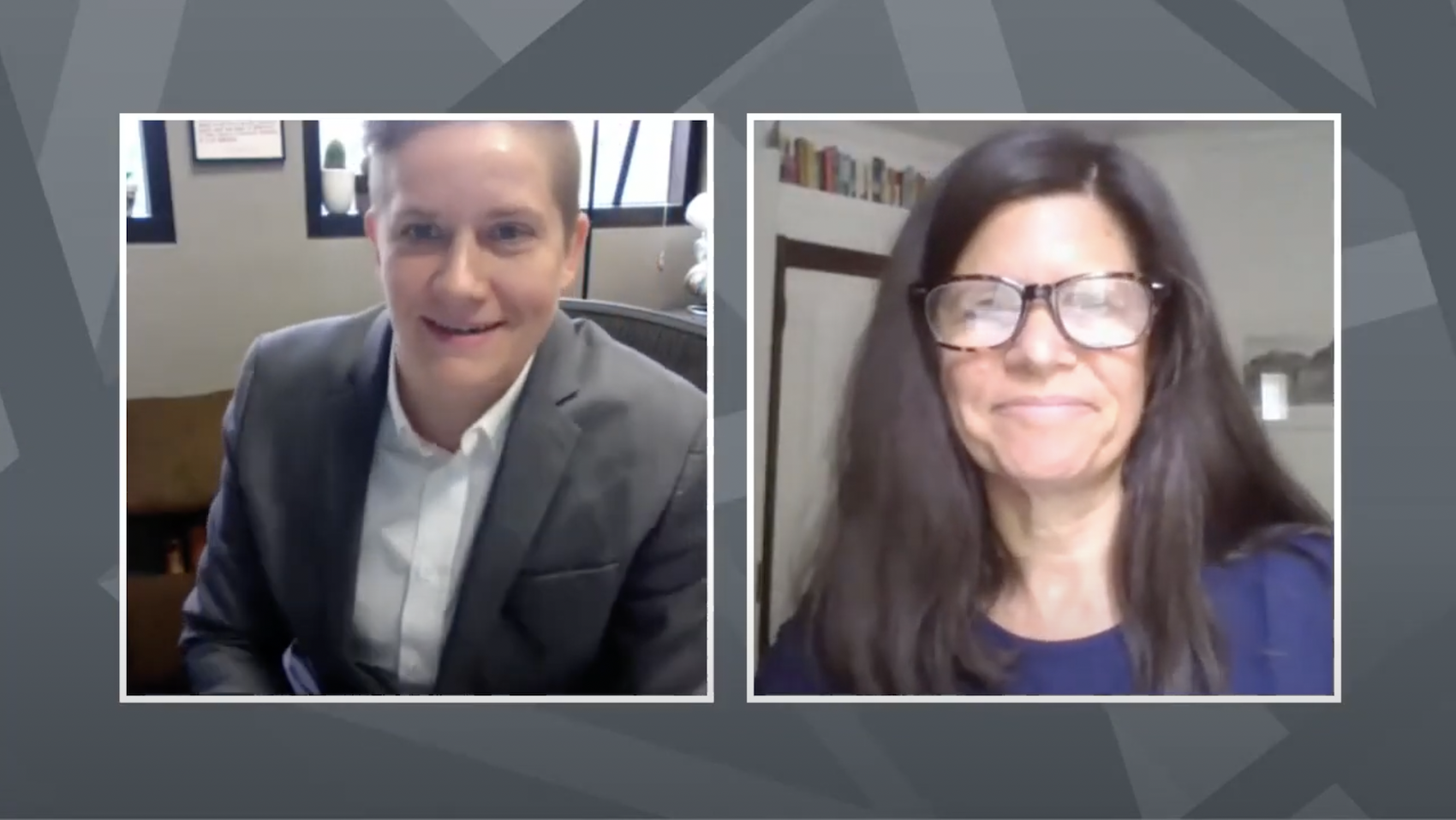
A discussion about teaching equitably with strategies to combat some of the inequities that exist within the field of English Composition.
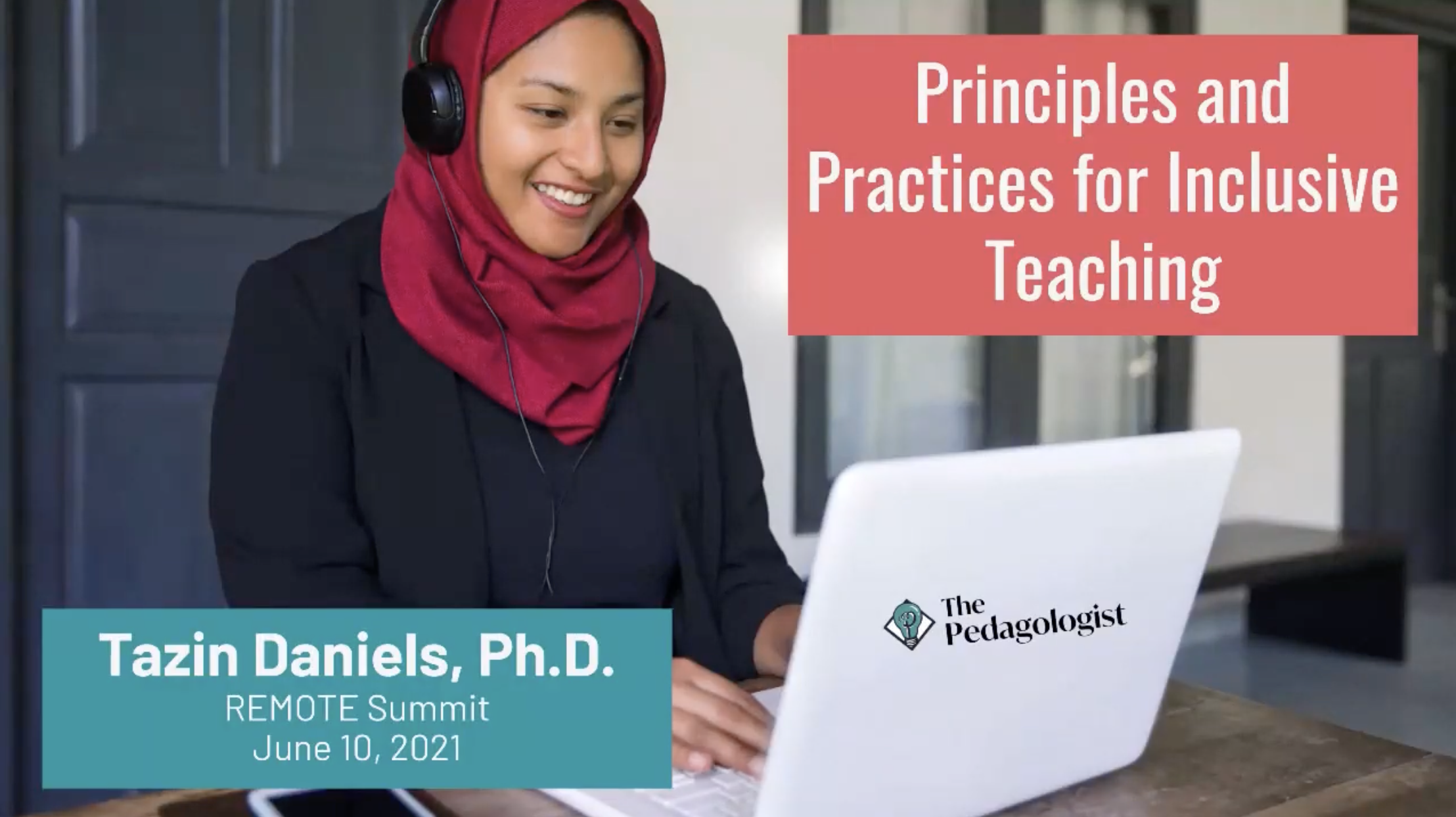
A discussion about effective practices to promote the key principles of inclusive teaching.
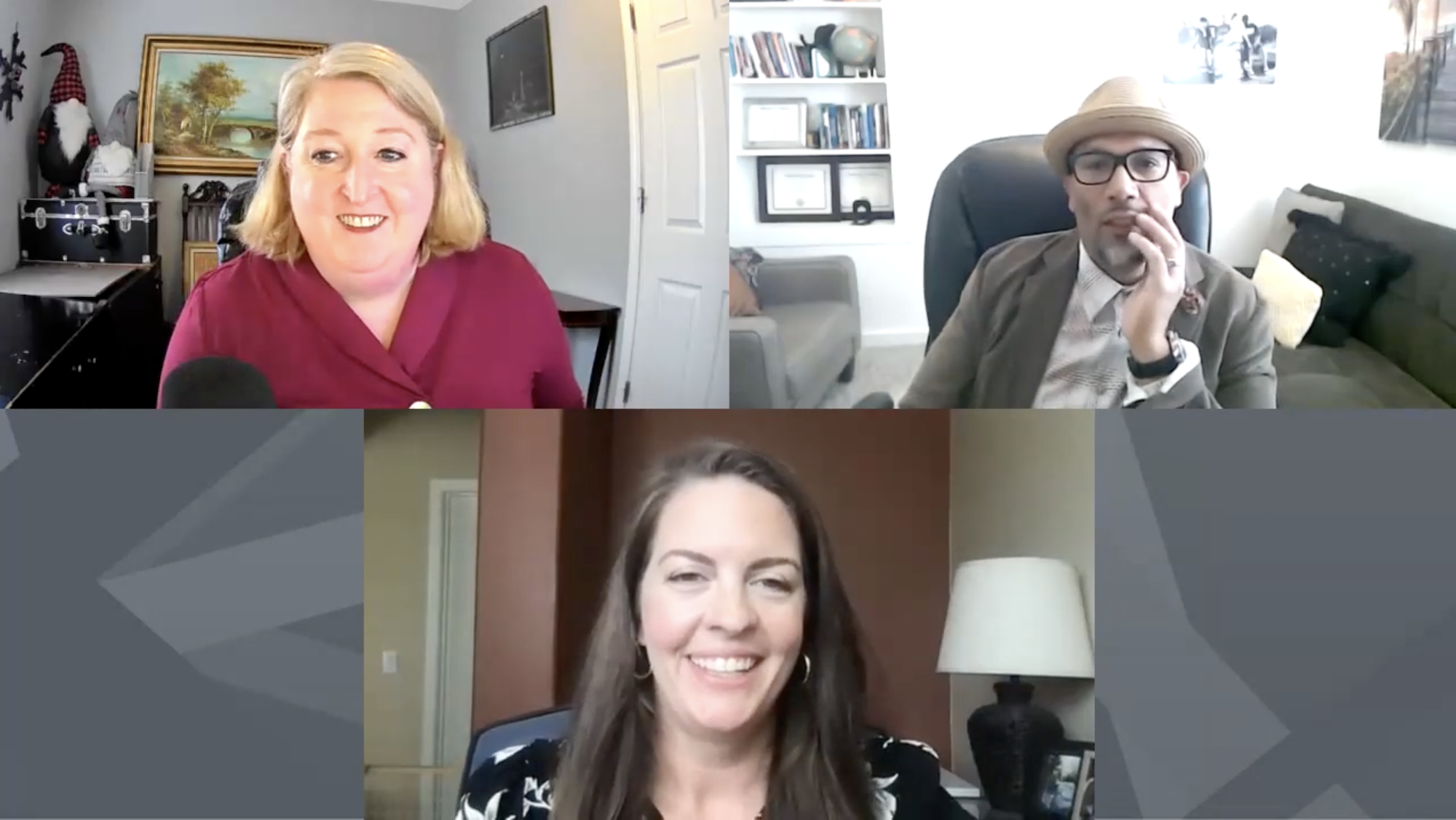
An overview of the tips and best practices for initiating an intentional movement to improve equity in gateway courses within your department.
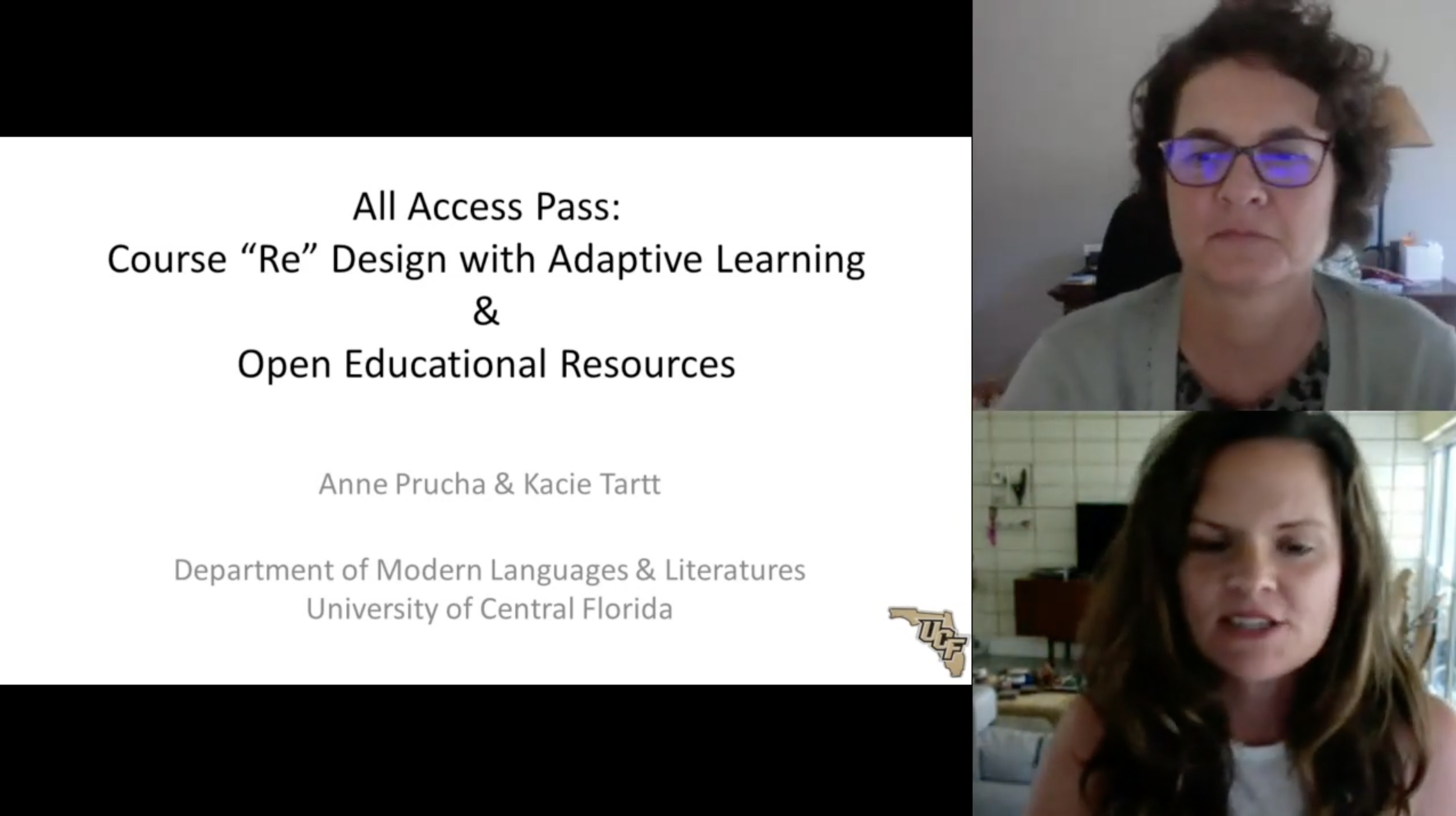
Learn about the work of faculty at the University of Central Florida who improved accessibility and equity through the adoption of adaptive learning practices.
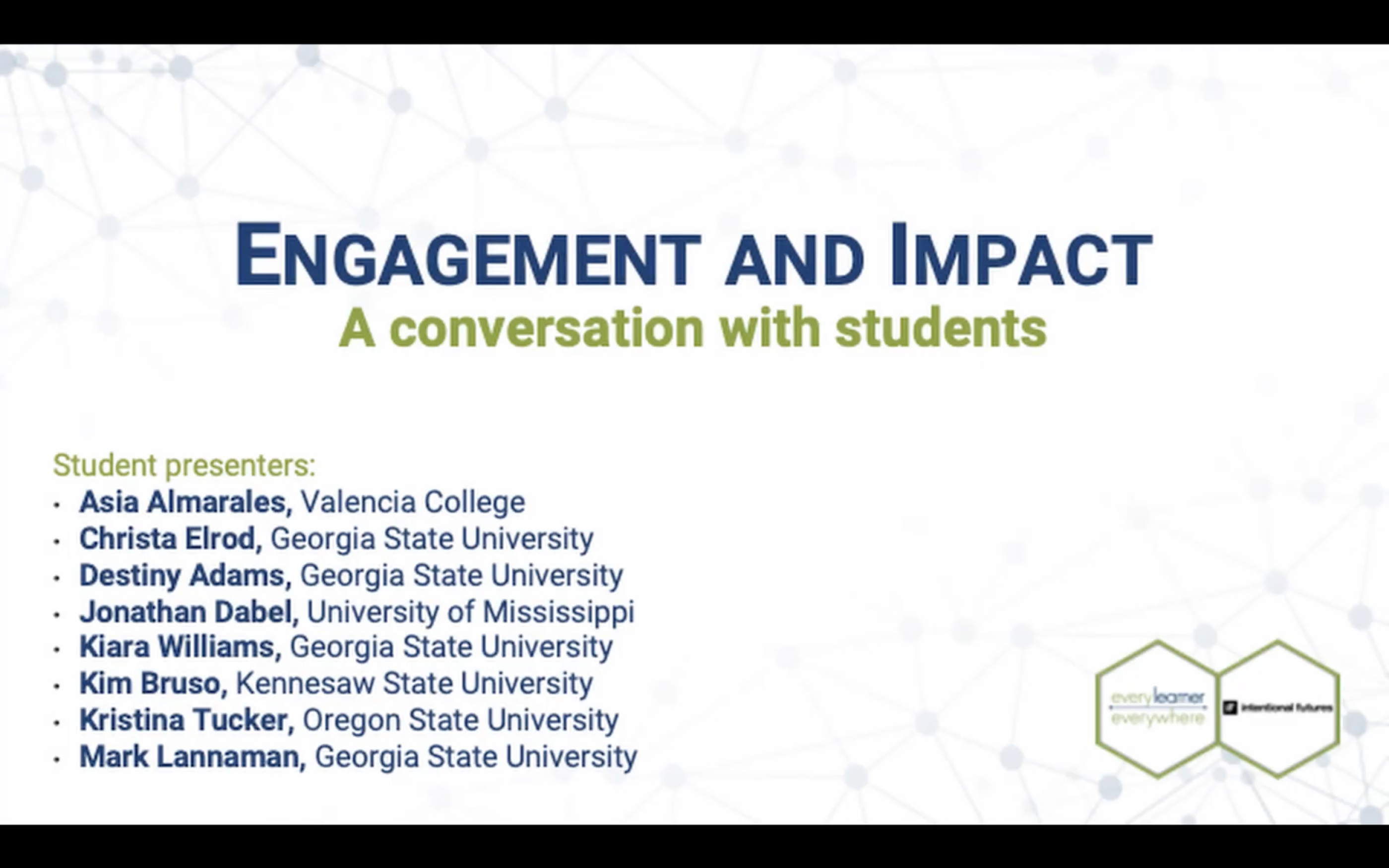
Learn directly from students what it means to create an engaging and inclusive classroom and learning environment.
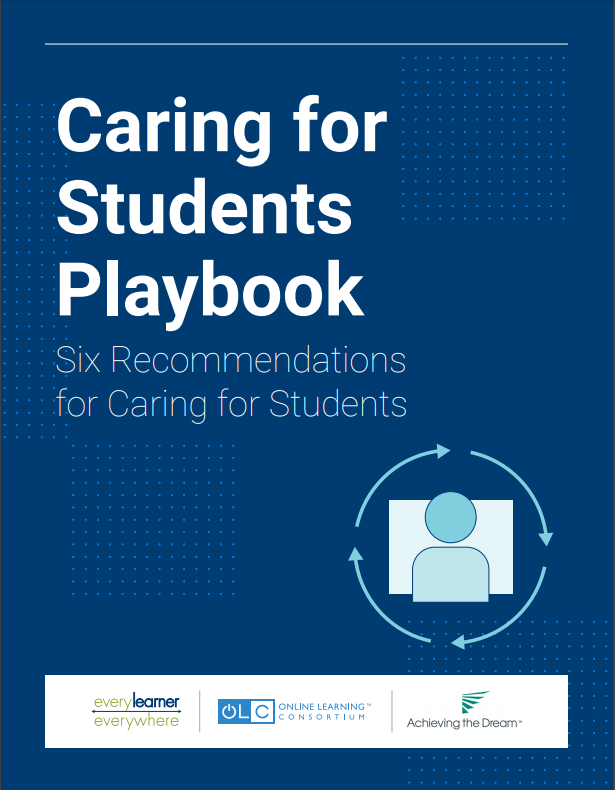
This playbook offers authentic and easily implementable strategies to help instructors to care for their students and ensure their success in the classroom and beyond.
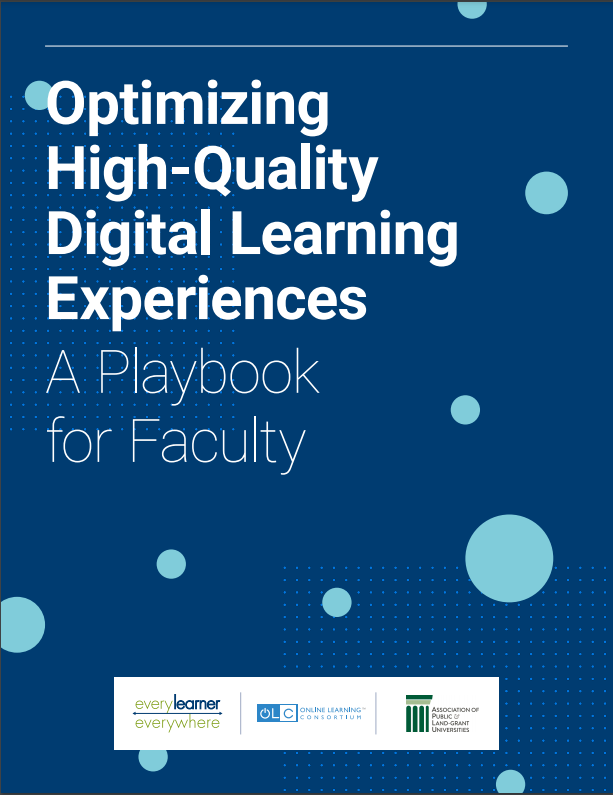
By integrating teaching and design principles, this guide assists faculty in positively impacting student learning, especially for students who are minoritized because of race, gender, disability, or socioeconomic status.
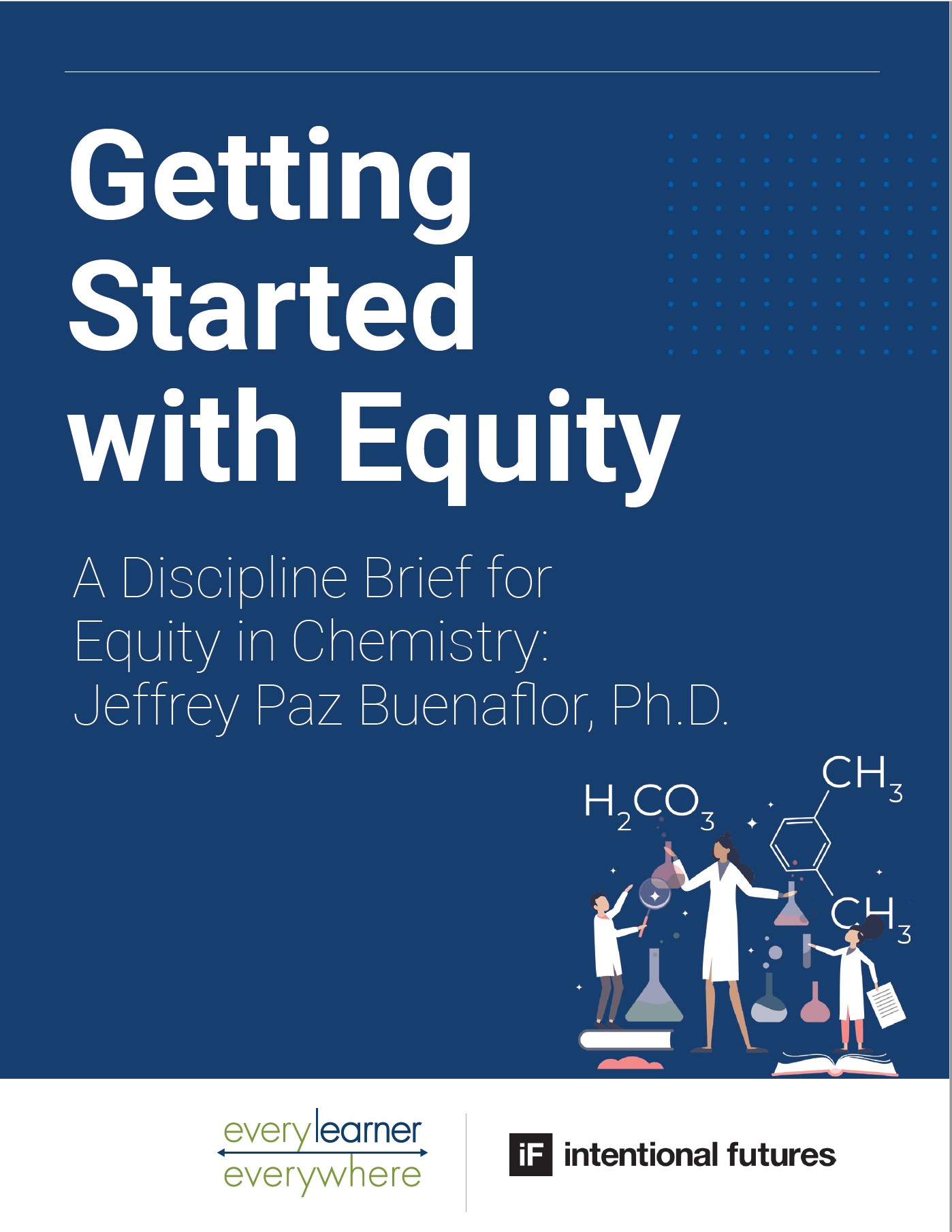
A discipline brief for equity in chemistry
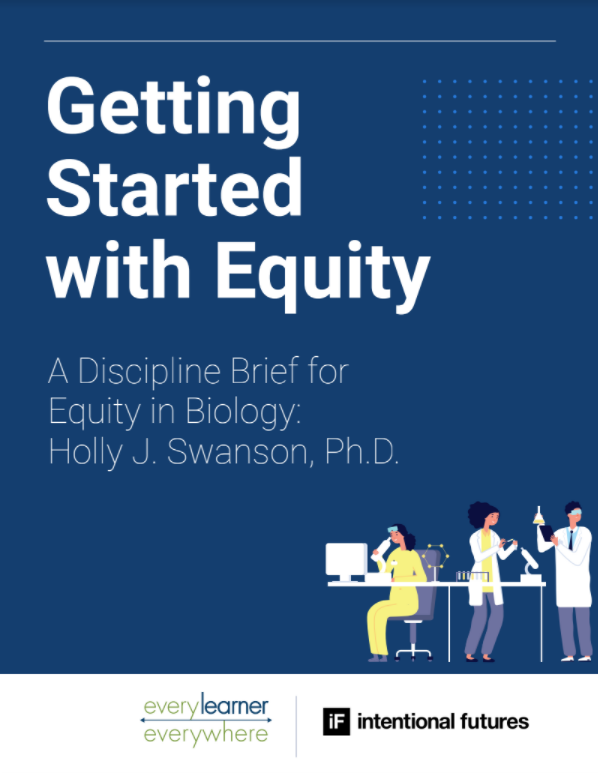
This brief explores how pedagogical, content, and mindset changes can reduce obstacles for minoritized students and support equity in biology.
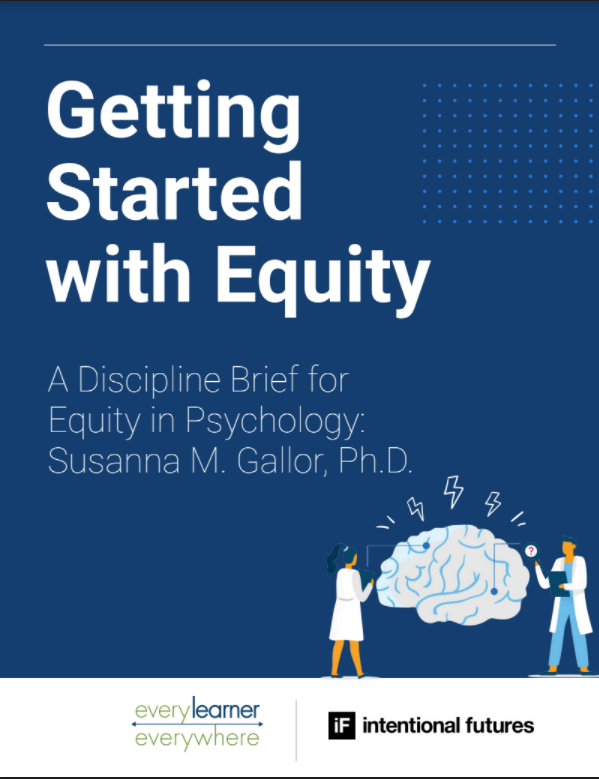
This brief provides an overview of equity issues and solutions in psychology courses.

This brief shares how asset-based instruction, fostering student belonging, active learning, and flexible and differentiated coursework can reduce equity gaps in chemistry.
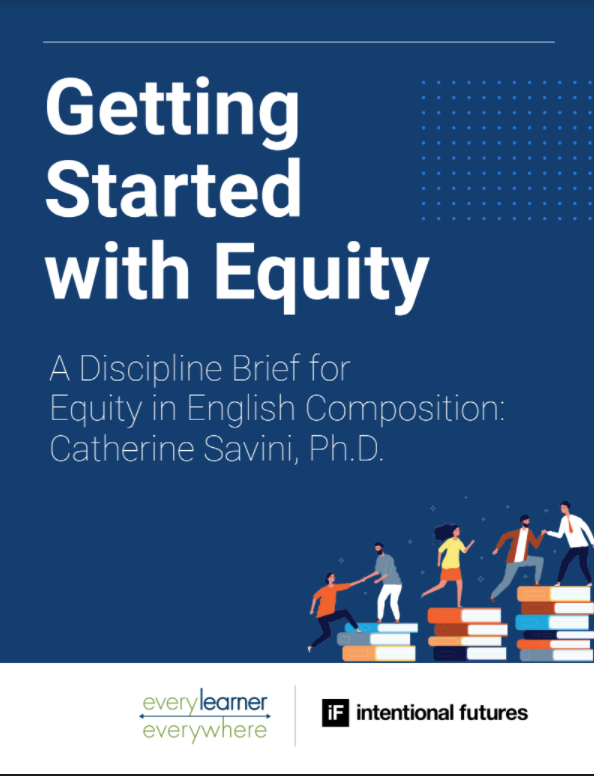
This brief explores how adjusting pedagogy, and eliminating linguistic bias can support equity in English composition courses.

This brief recommends resources to inform teaching to account for linguistic diversity and ability and promote a more equitable academic environment for students in English composition courses.
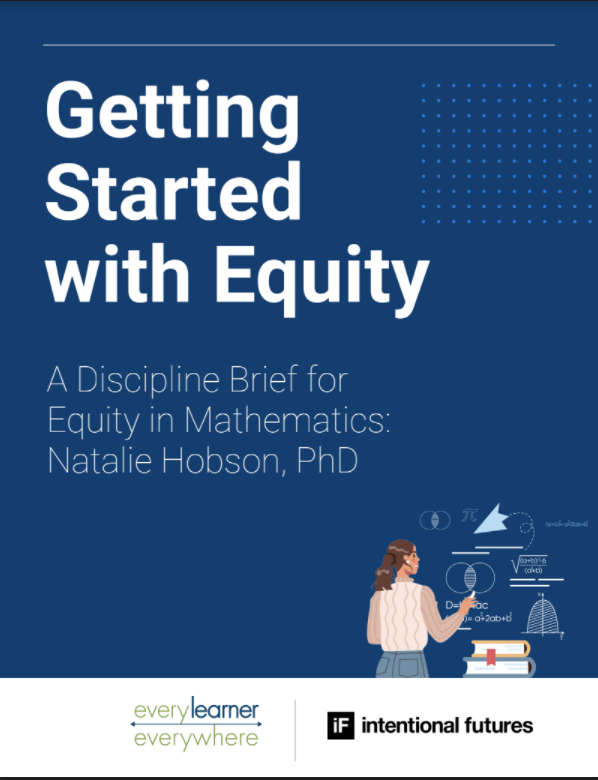
This brief suggests diverse pathways, student-centeredness, and bias training to close equity gaps in mathematics courses.
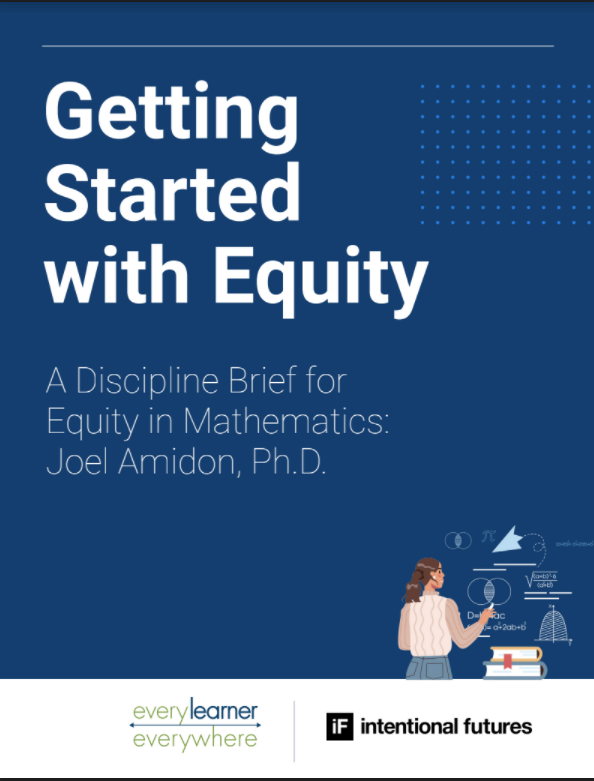
Joel Amidon is on a mission is to lead people to love others through teaching, providing solutions for equity in math courses.
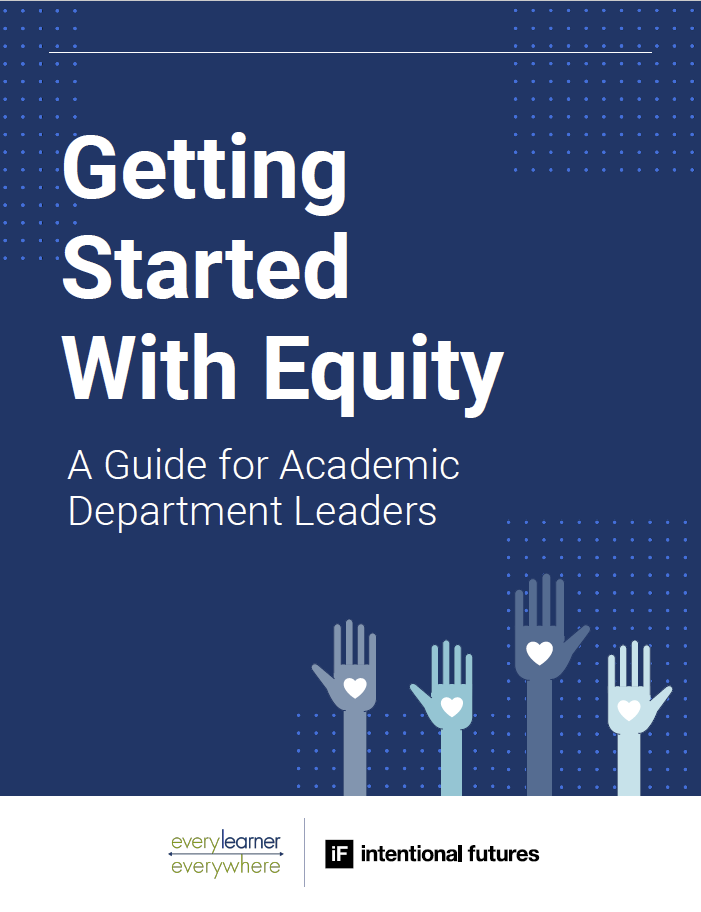
Getting Started With Equity: A Guide for Academic Department Leaders has a very specific purpose, which is to serve as a first step for department chairs to develop and curate an educational environment that is simultaneously justice-centered and equity-advancing.
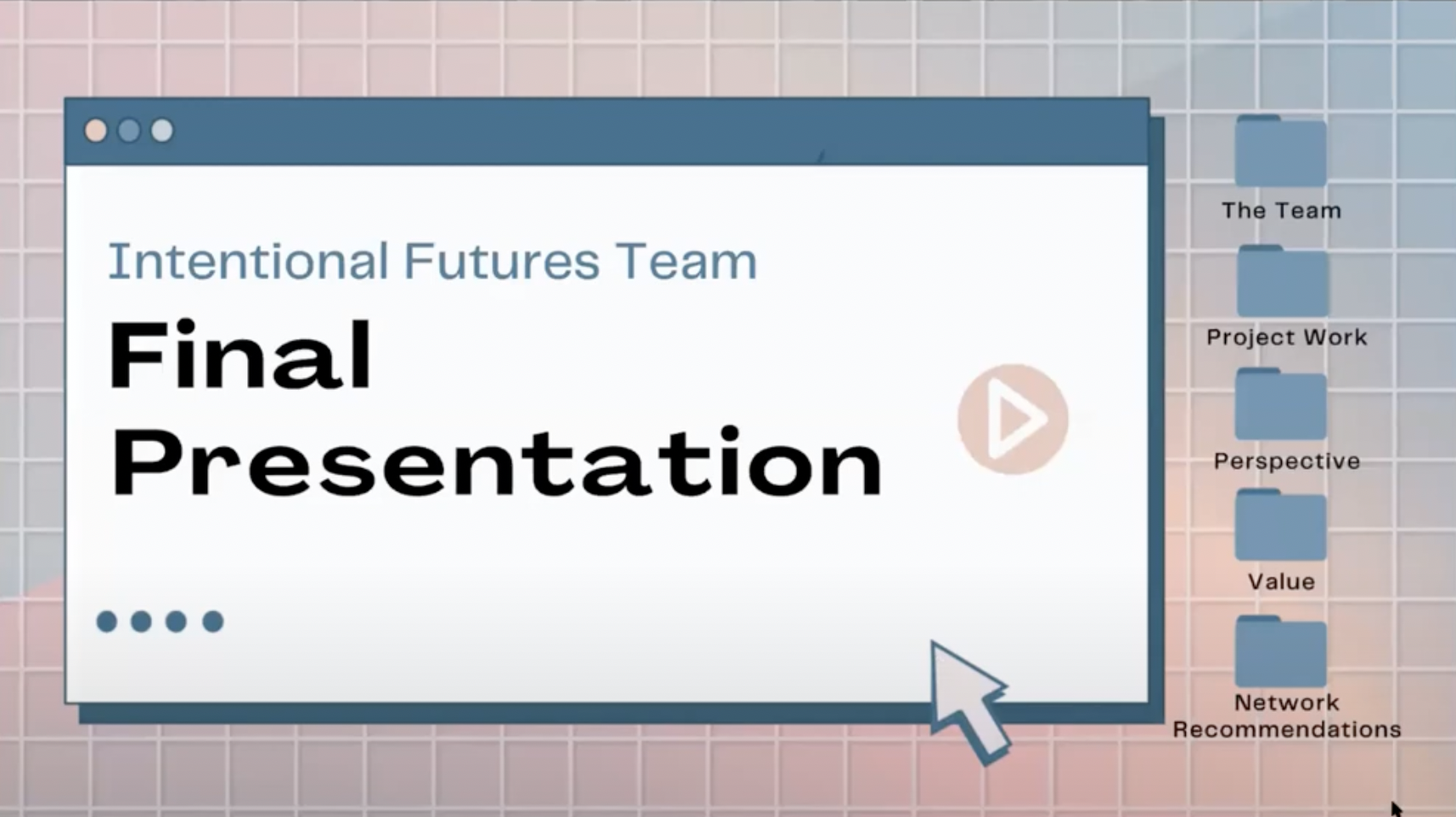
Every Learner Student Fellows overview of their internship with Intentional Futures centering student voice.
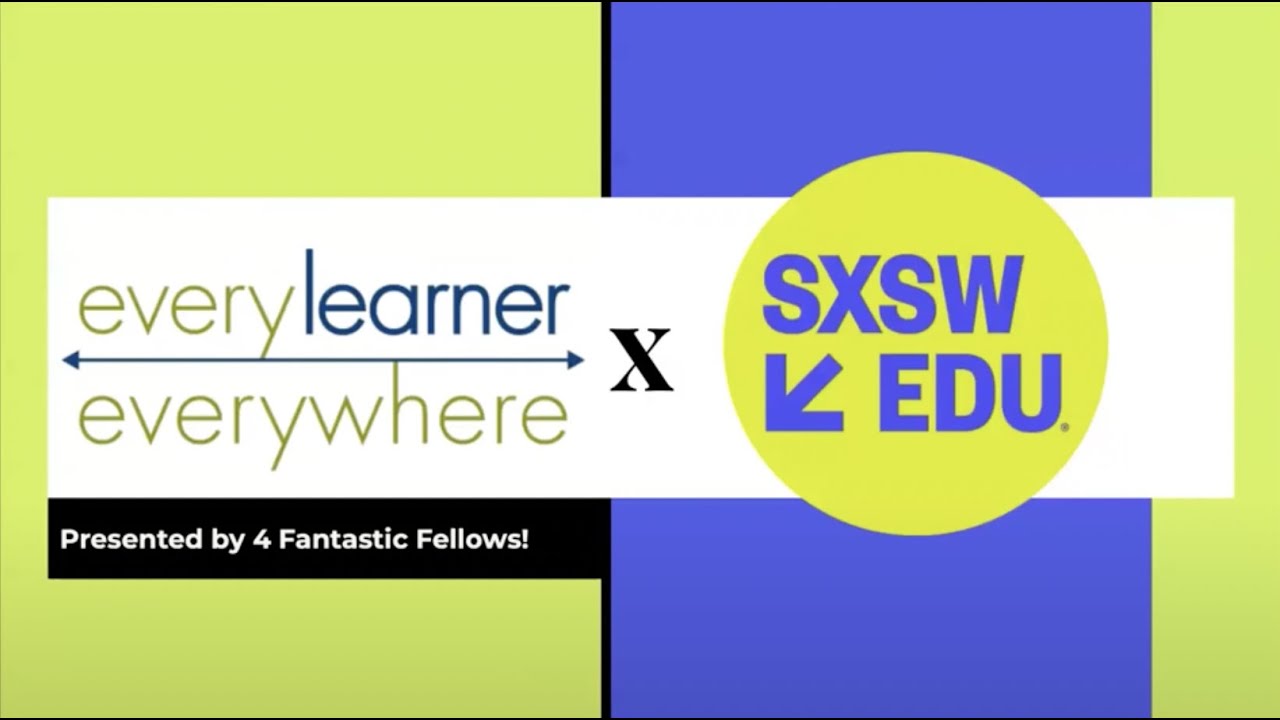
Every Learner Student Fellows discuss what they learned and accomplished in their 5-month internship with SXSW EDU.
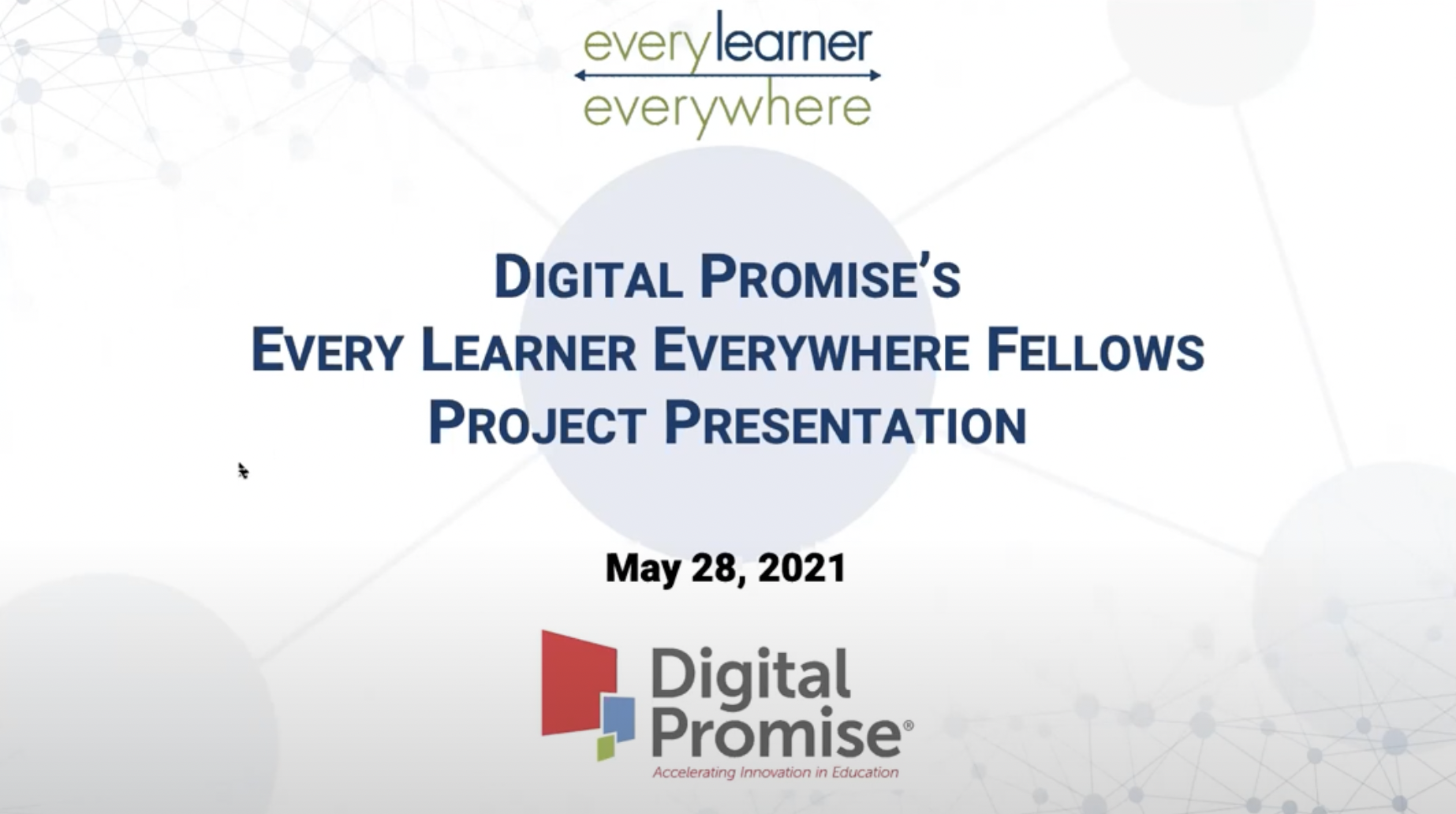
Every Learner Student Fellows provide a student perspective and overview of their internship with Digital Promise.
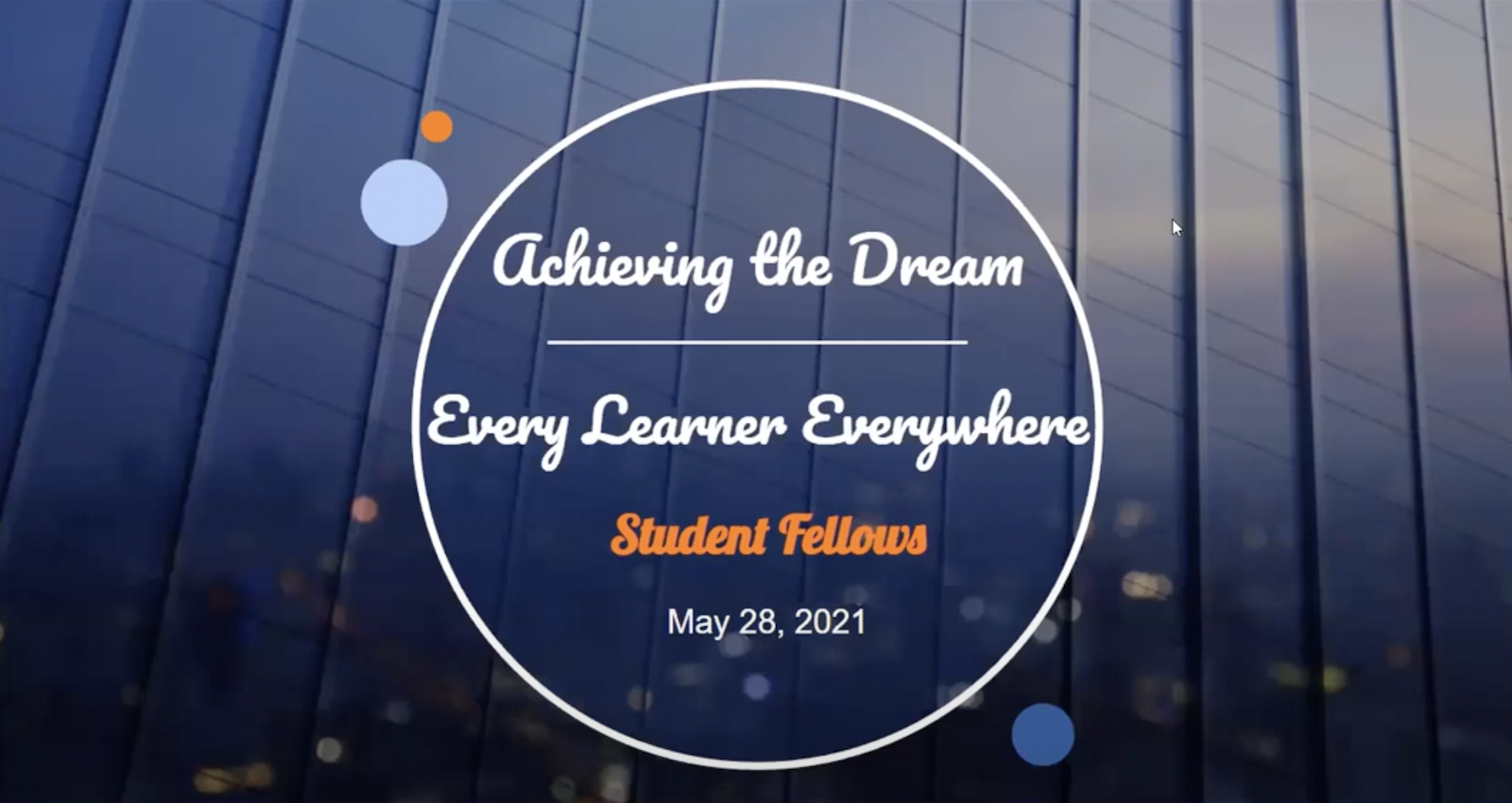
Every Learner Student Fellows provide an overview of their internship with ATD and ways leaders can more intentionally center student voice.
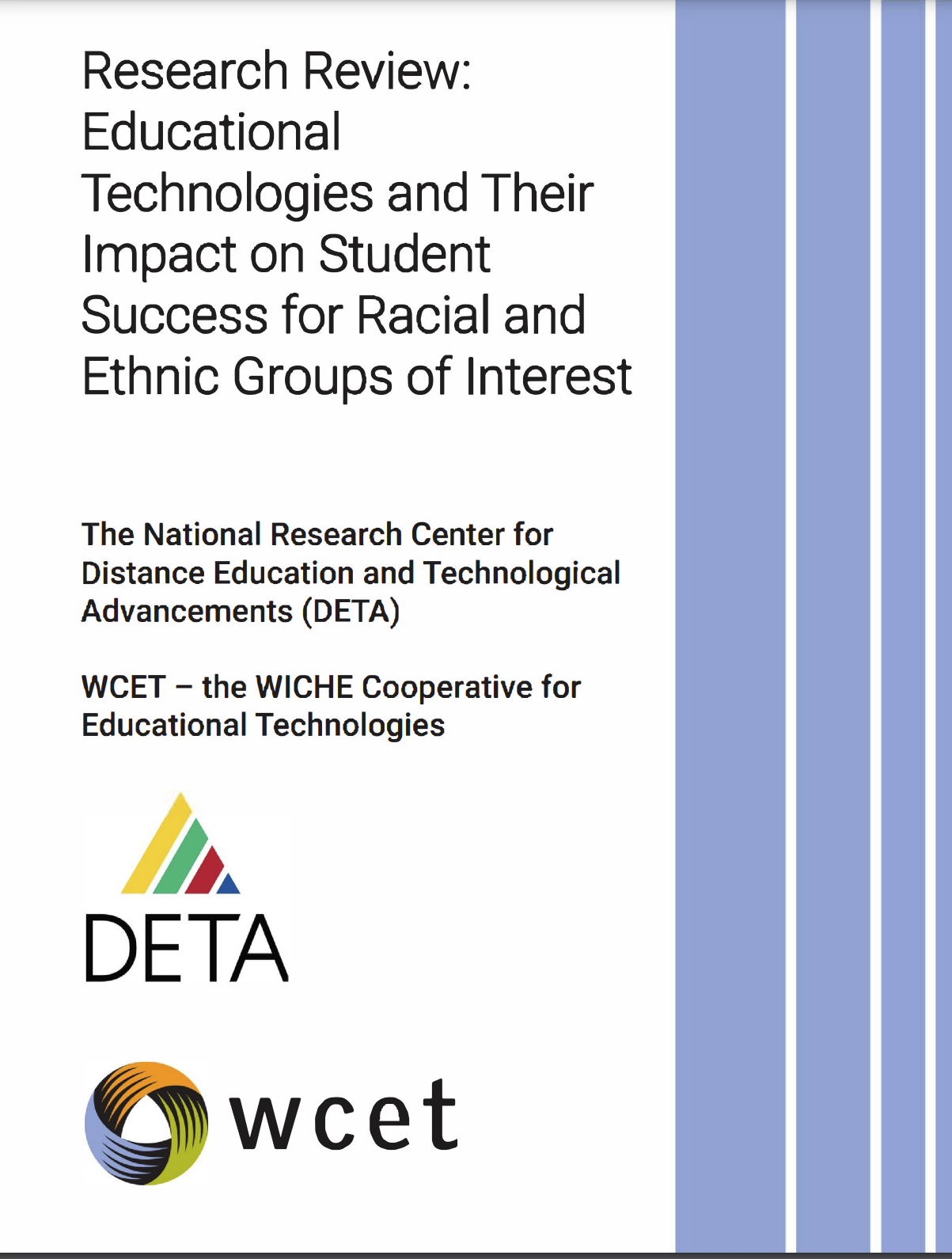
The purpose of the review is to identify institutional, instructional, and learning practices mediated by educational technologies that positively influence the success of certain racial and ethnic groups of American students.
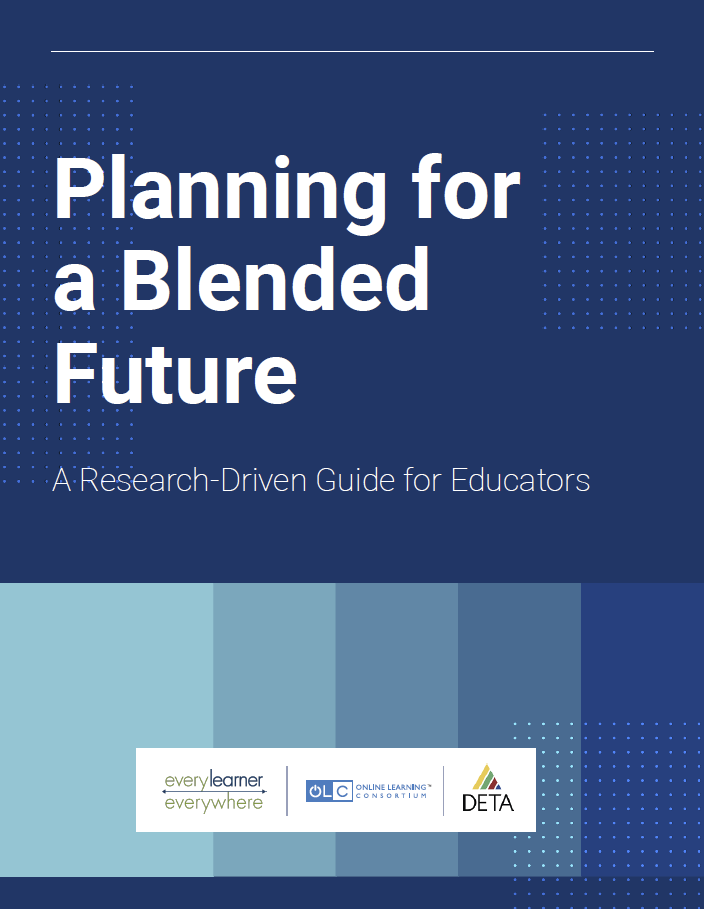
This guide moves beyond getting started with blended learning to help educators realize the best of online and onsite instruction and implement research-driven techniques to positively influence student outcomes.
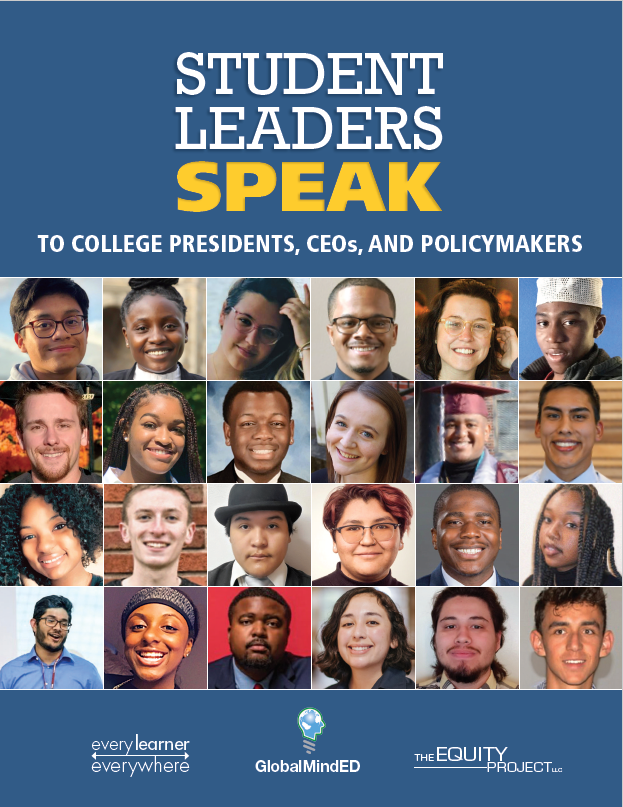
Student Leaders Speak documents a national snapshot of diverse college students, including many who are first-generation as they reflect on their lives, their learning, their digital experiences, their challenges, their setbacks and their triumphs.
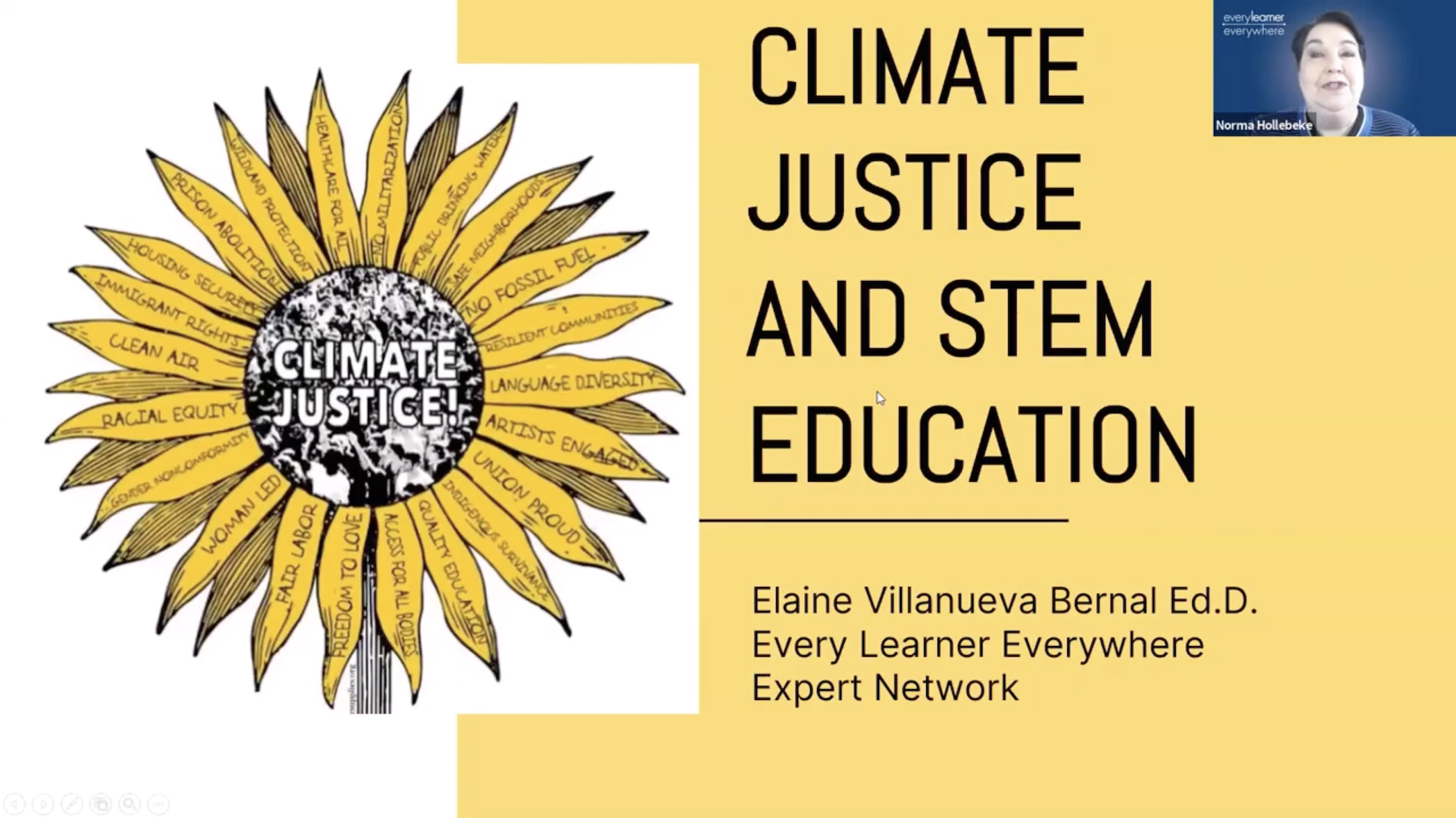
This session facilitates participant discussion on how to connect local environmental and climate justice issues to STEM concepts.
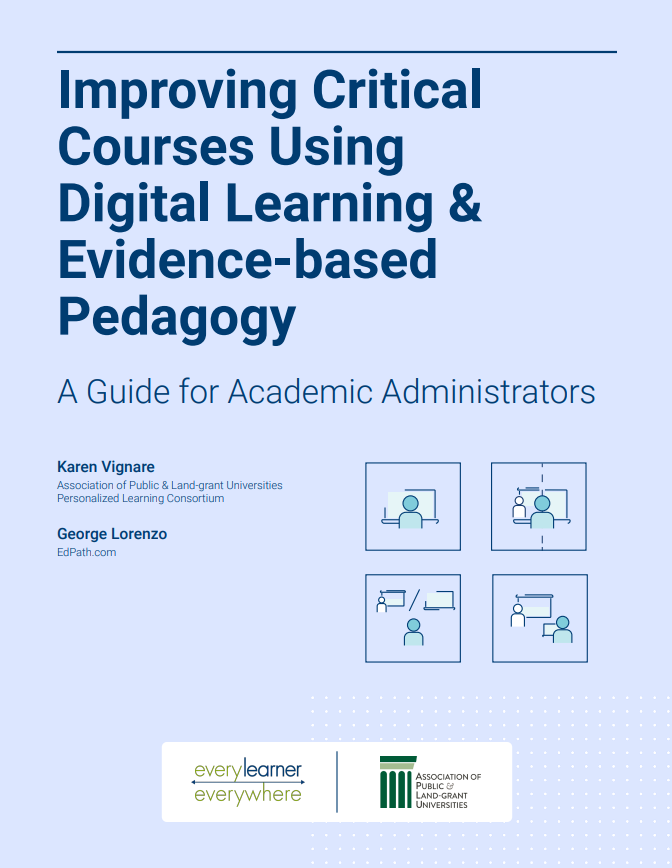
This guide features numerous links to resources academic administrators can draw from to effectively support a continuously improved teaching and learning environment that is sustainable for years to come.
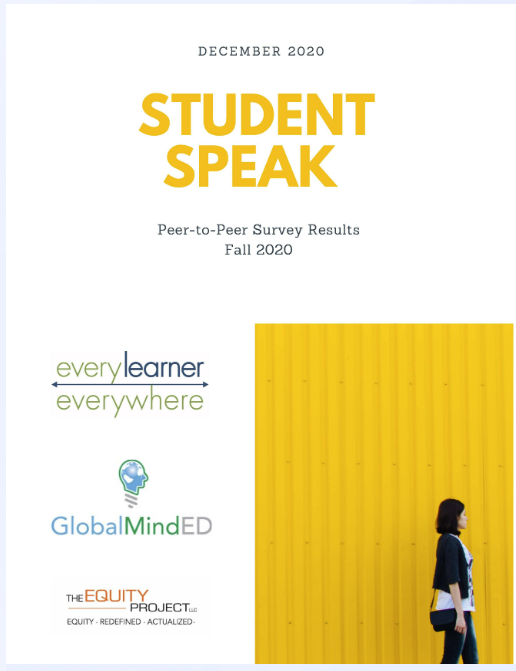
This second report in the Student Speak series reflects the sentiments of over 270 student response
A virtual educator professional development session exploring why trauma-aware teaching must center diversity, equity, and inclusion.
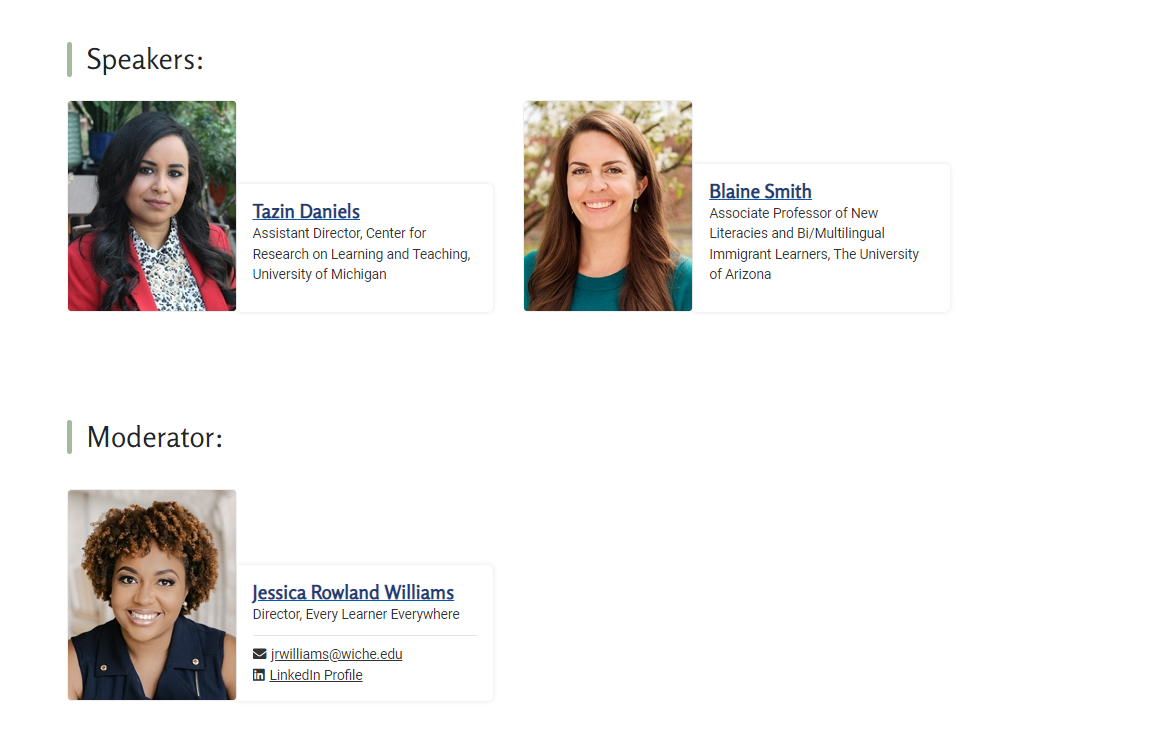
Panel discussion of equitable teaching practices and digital learning that foster student-centered learning and cultivate a culture of inclusion.
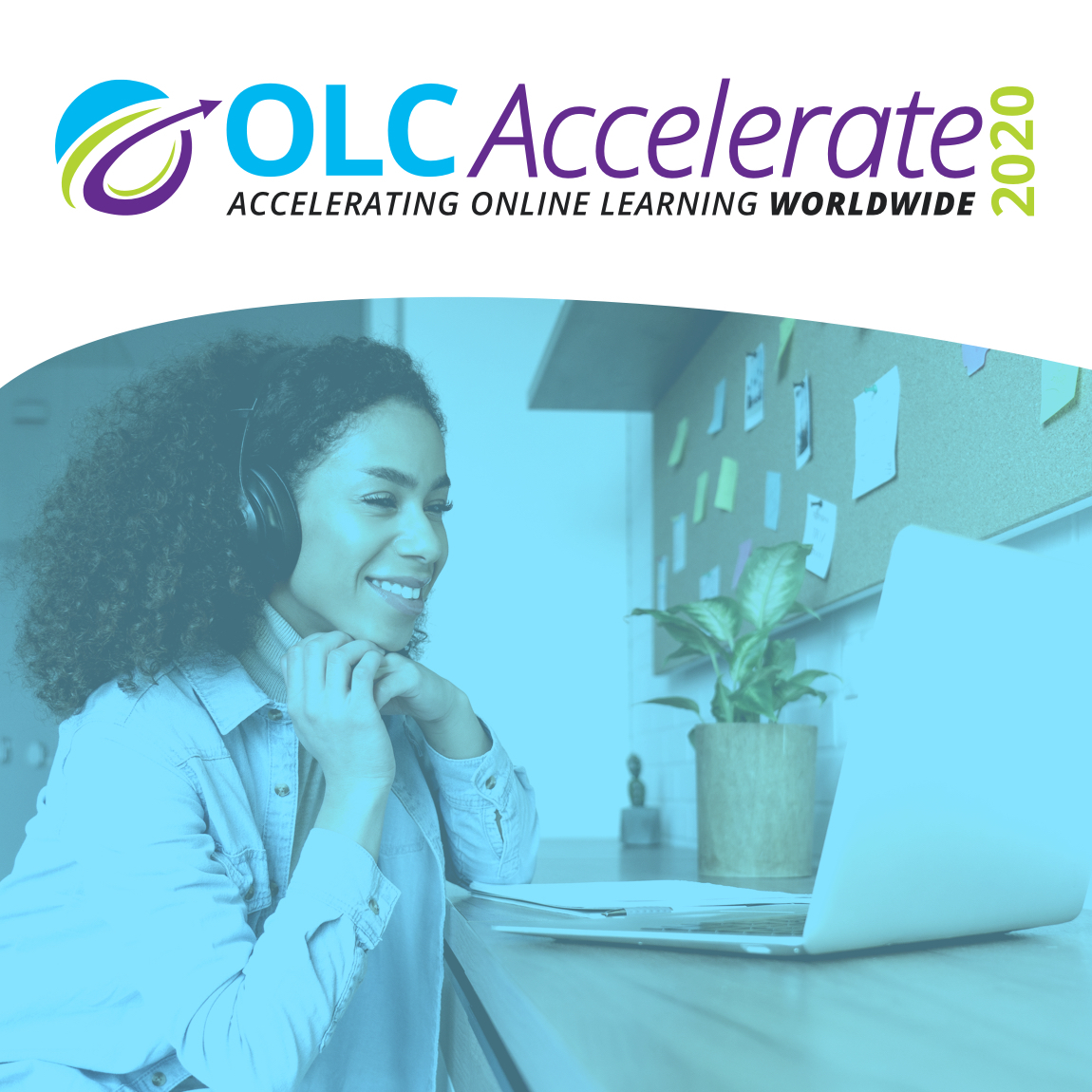
How advances in digital courseware paired with evidence-based, equity-first, innovative teaching can better serve today’s students.
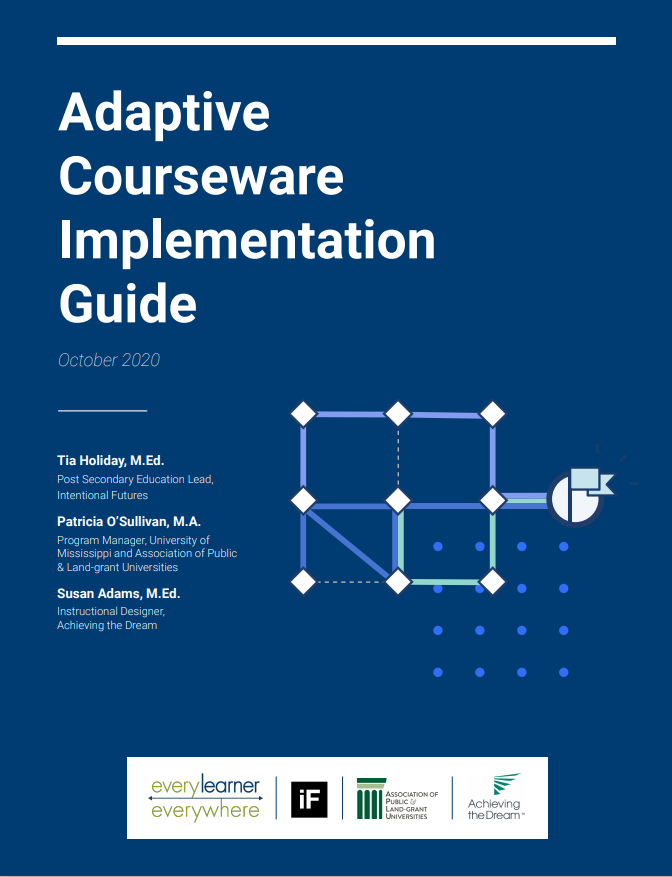
This extensive resource will provide you with practical strategies and resources to implement adaptive courseware with an equity-minded and student-centered approach.
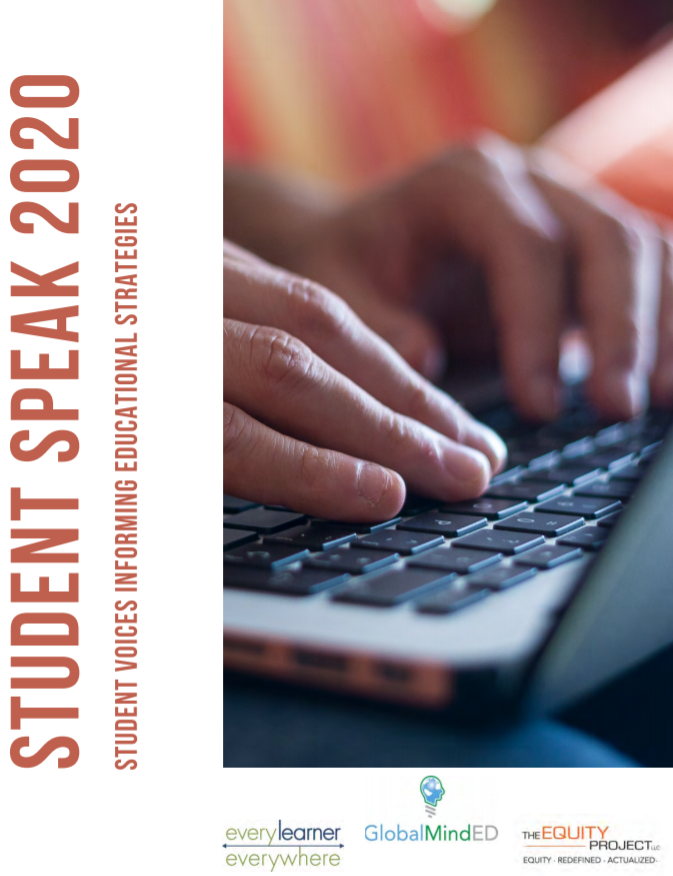
Student voices informing education strategies
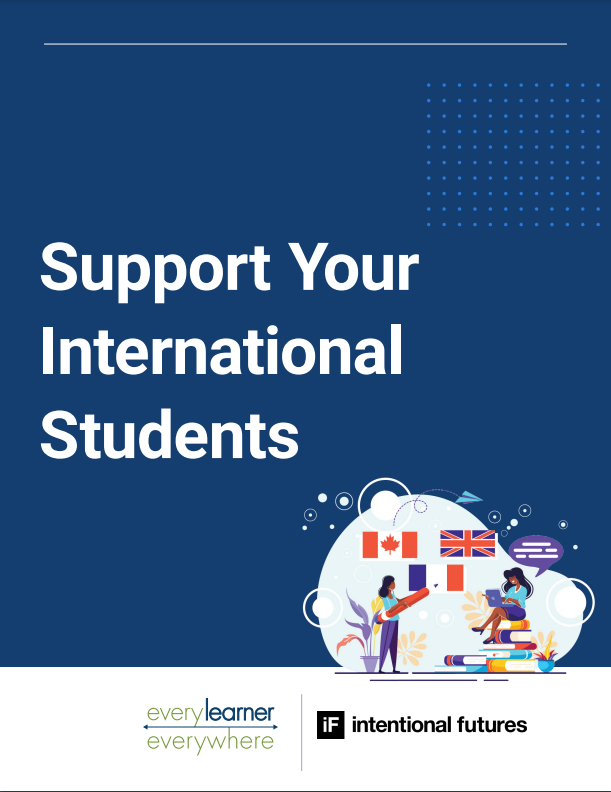
This resource provides suggestions for breaking down those barriers to support international students in online learning.
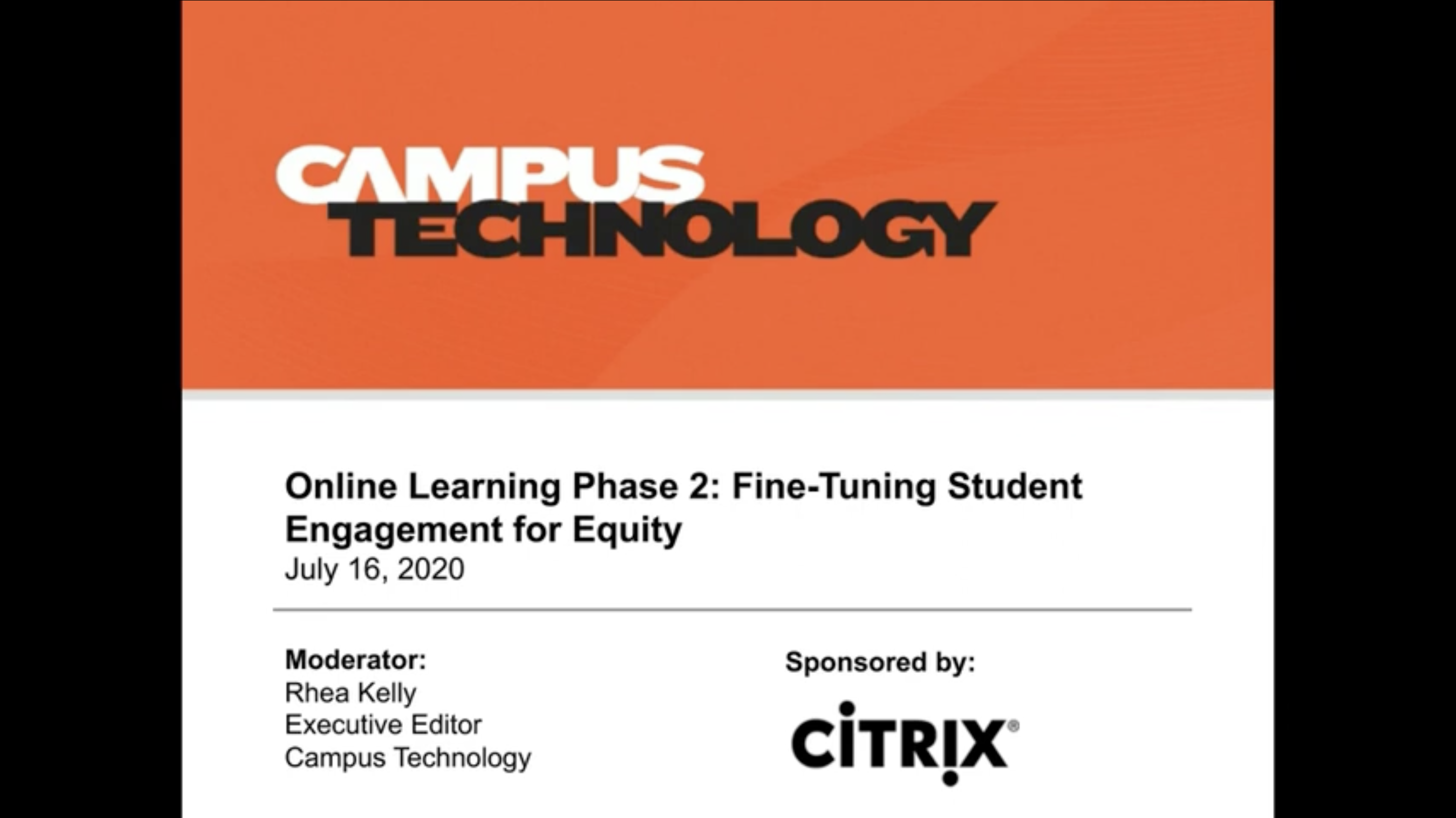
Dr. Jessica Rowland Williams discusses some key steps institutions must take to develop equitable online learning opportunities for all students.
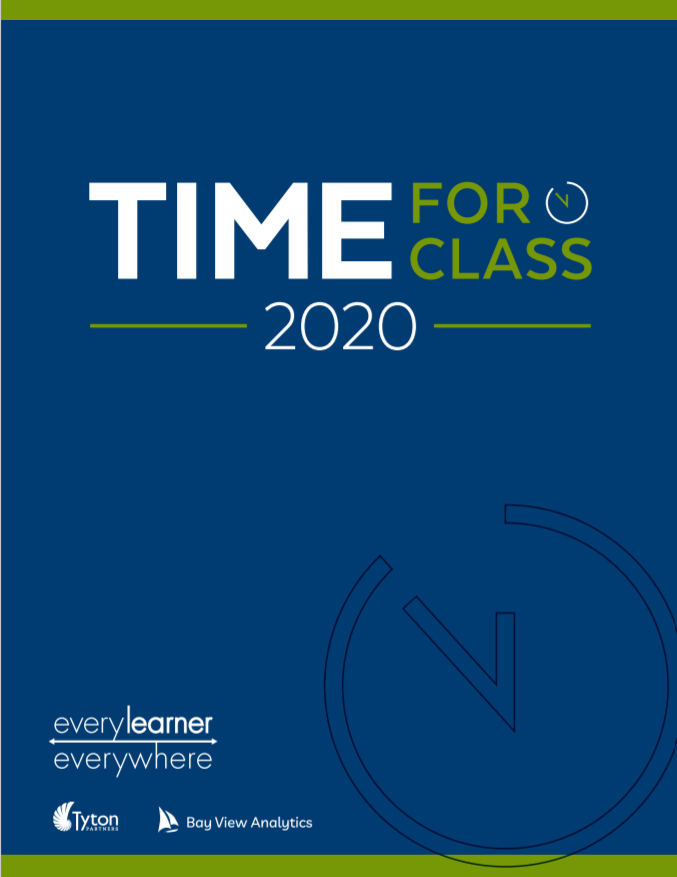
This survey is designed to help higher education stakeholders gain an understanding of digital learning tools for increasing affordability and accessibility for students.
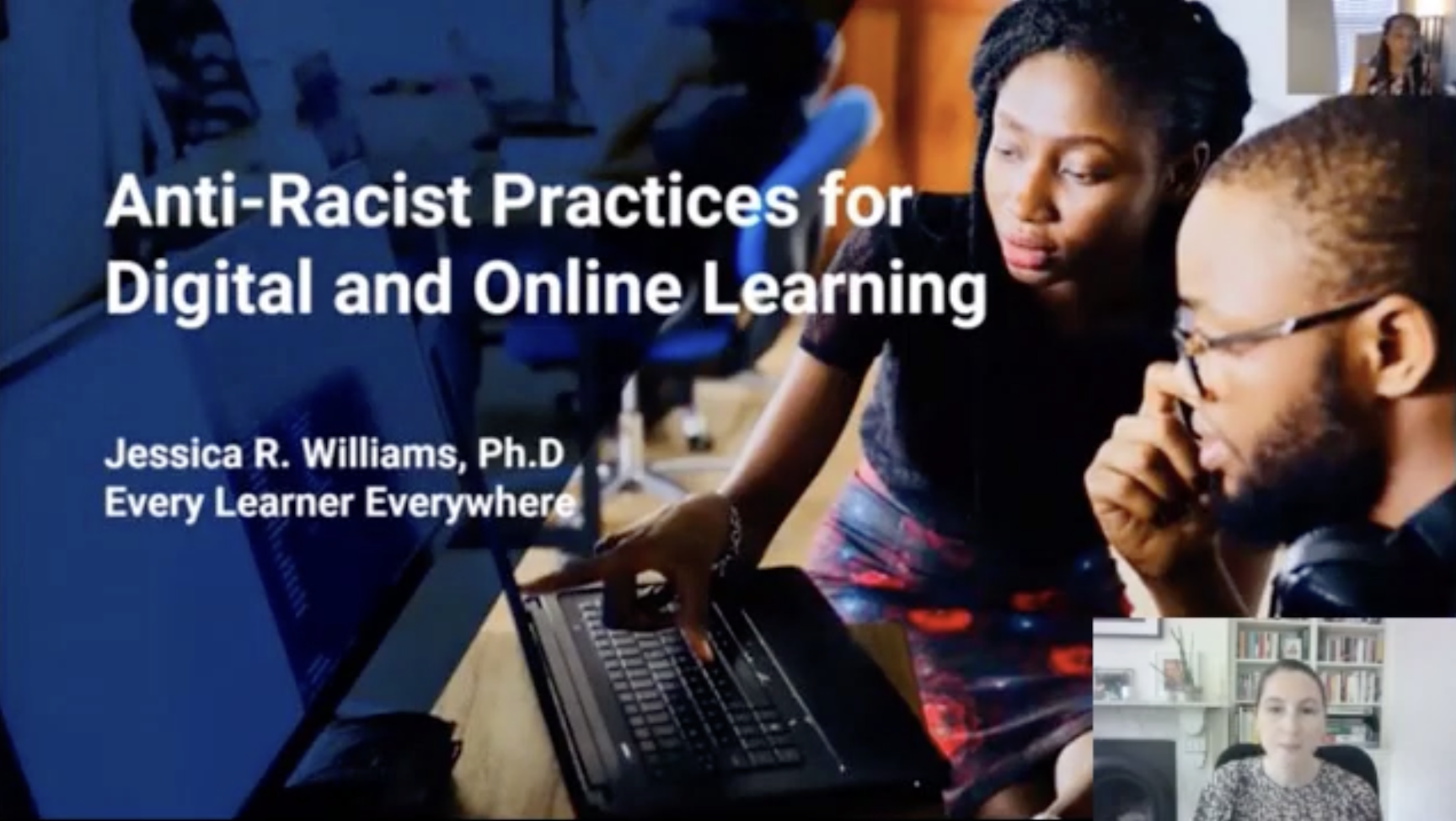
A discussion of anti-racist practices, educational equity and assumptions that can be detrimental to student success.
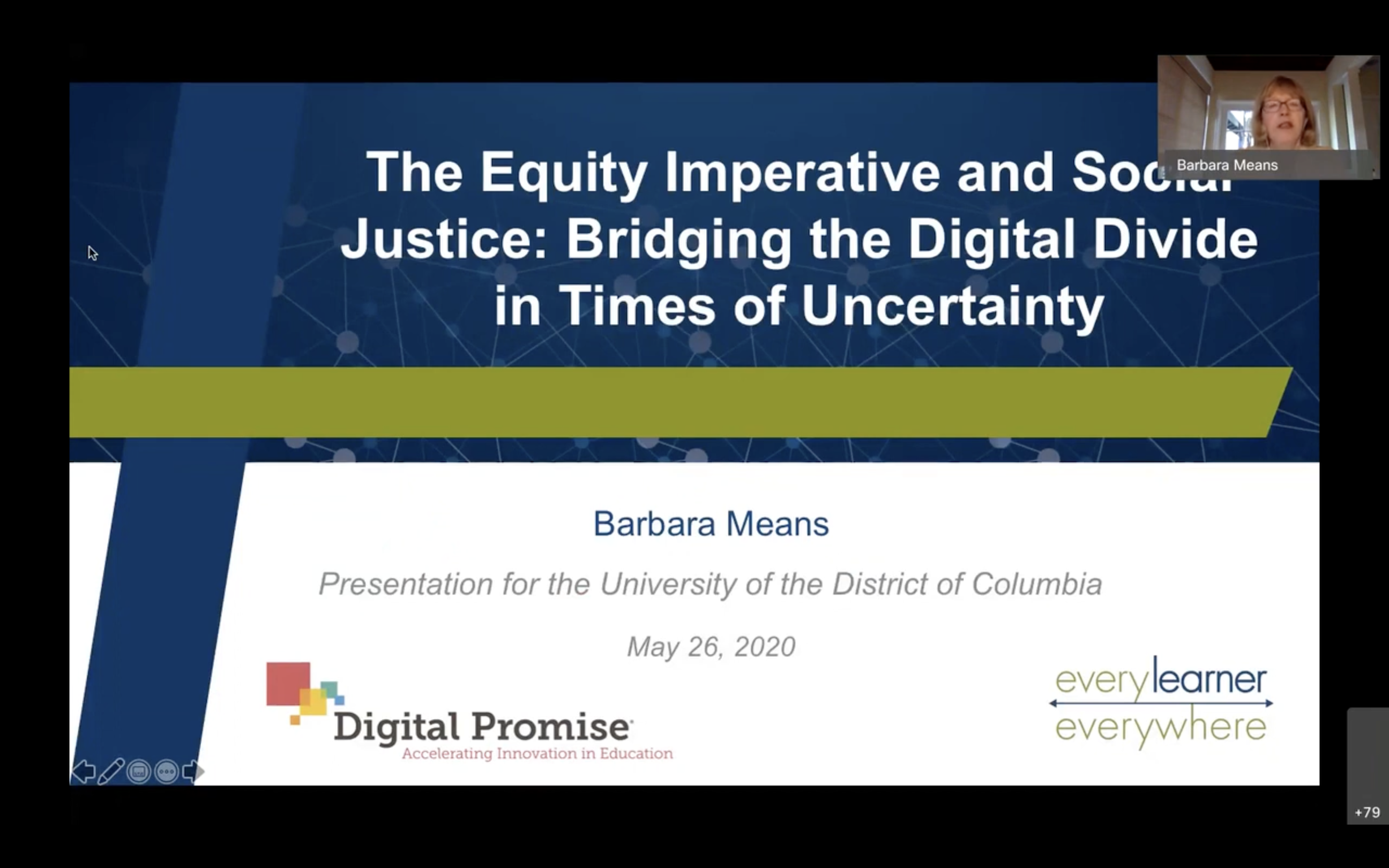
Barbara Means of Digital Promise presents findings from a survey of students learning remotely and offers solutions for bridging the digital divide at the University of the District of Columbia.
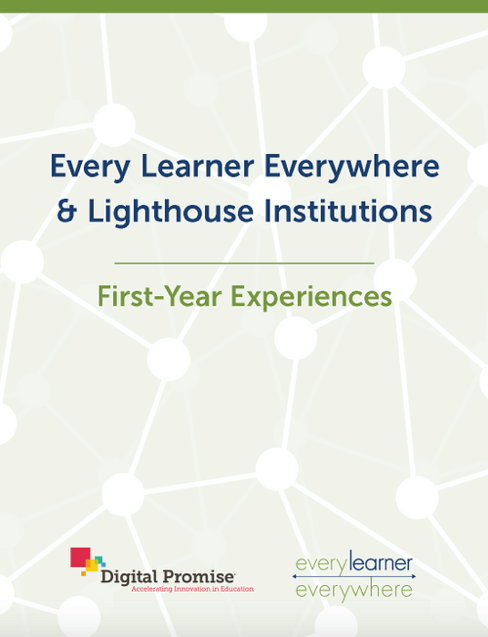
The report Every Learner Everywhere & Lighthouse Institutions shares first-year experiences of 2- and 4-year colleges piloting new versions of gateway courses incorporating adaptive learning.



































































